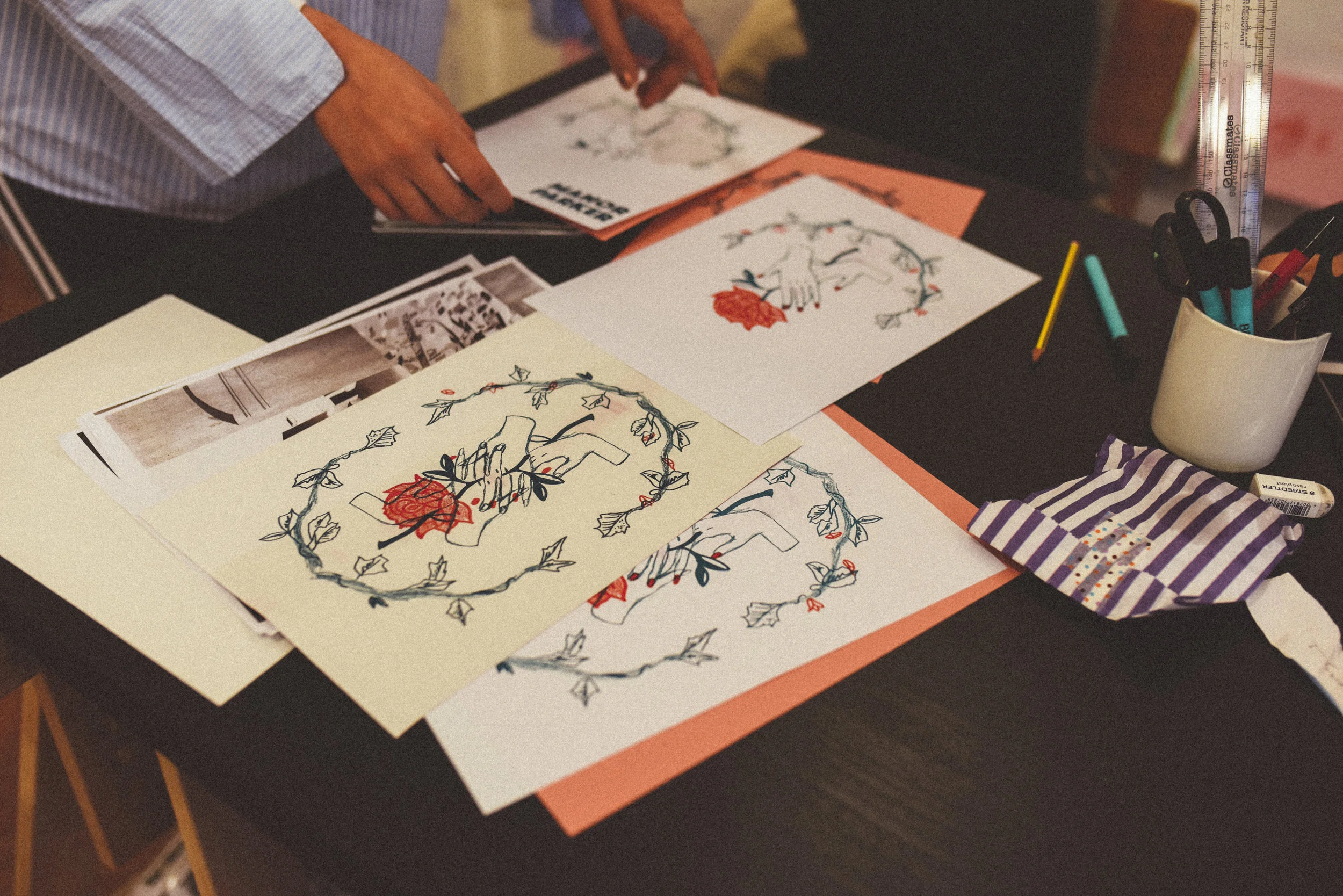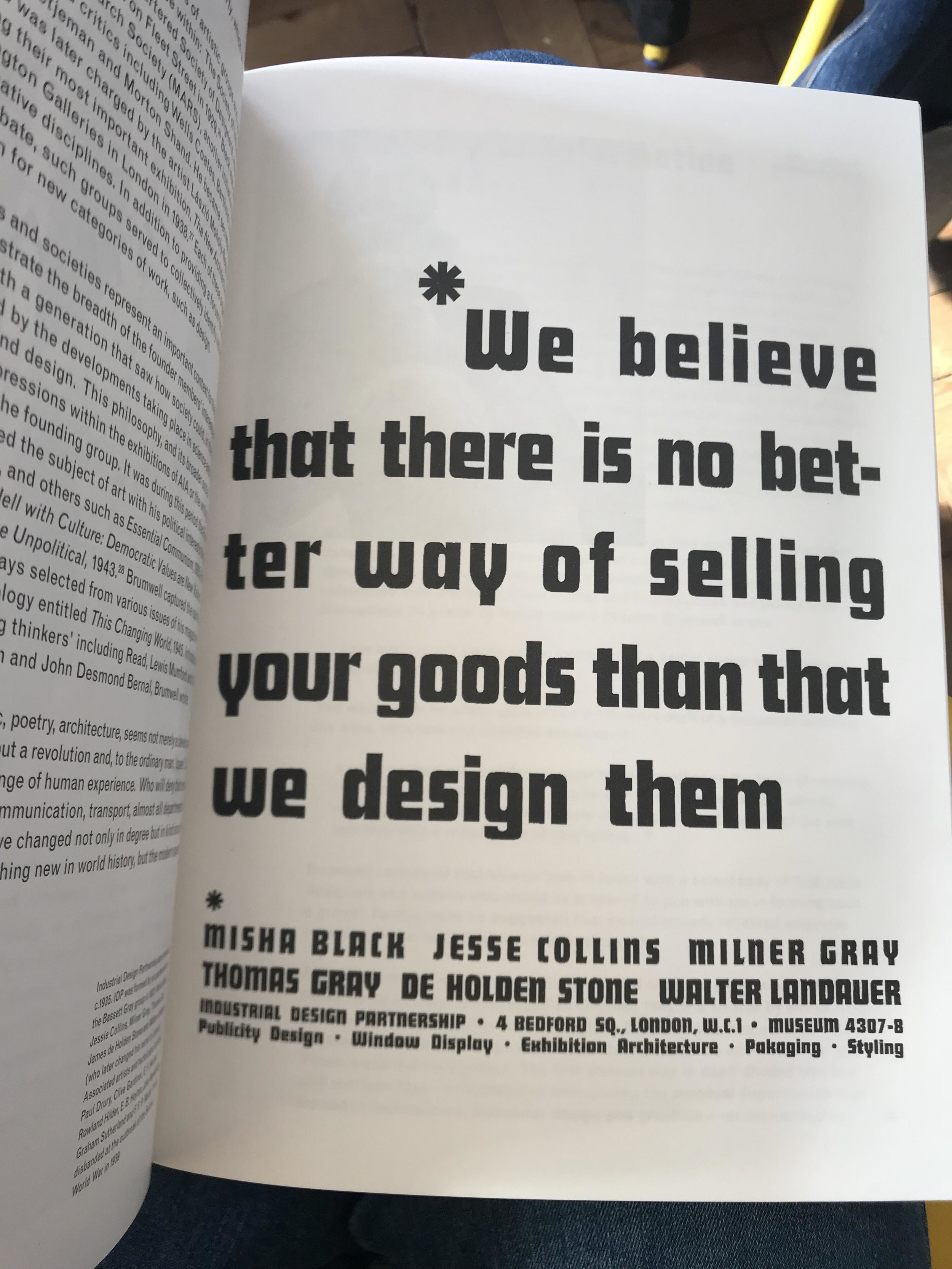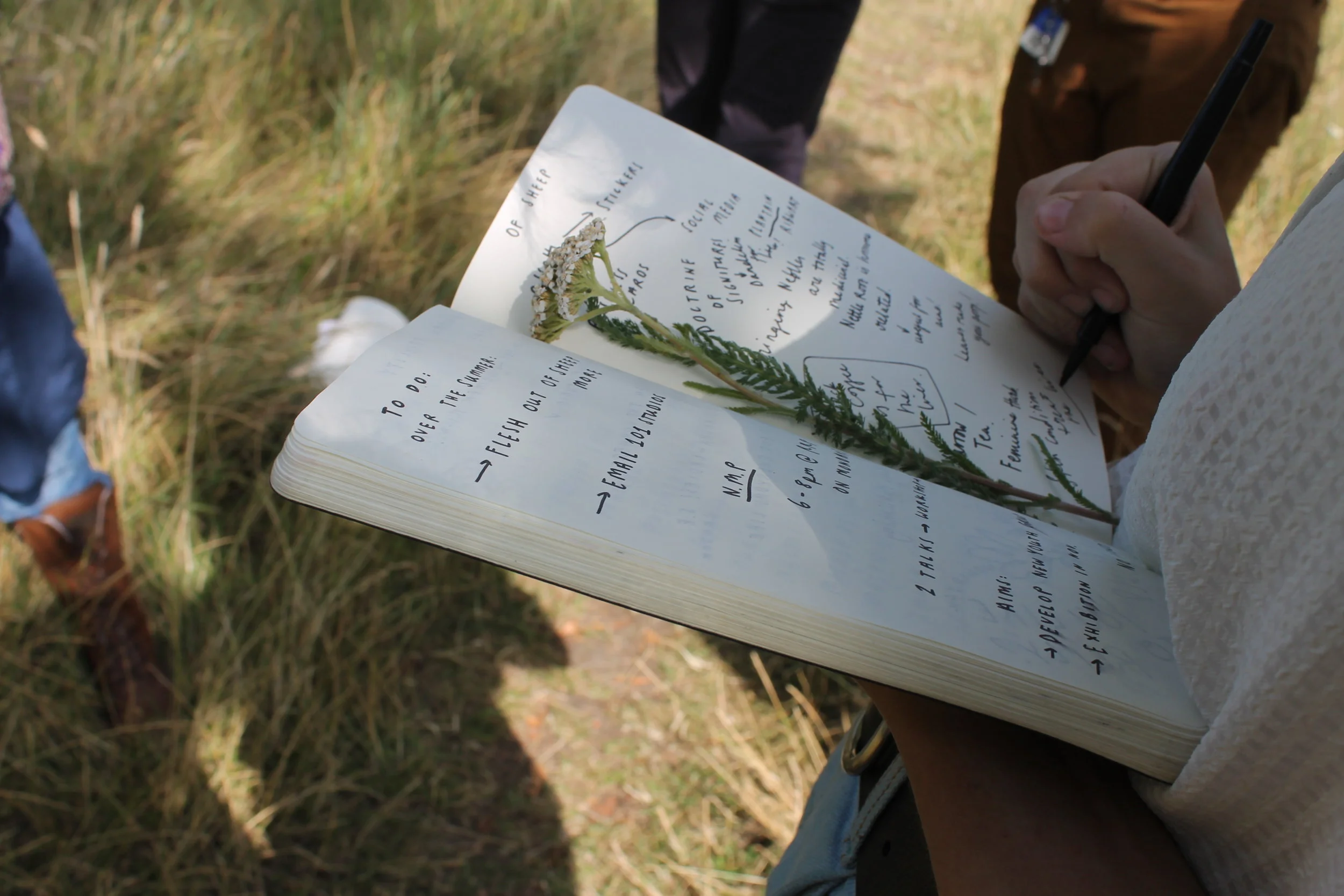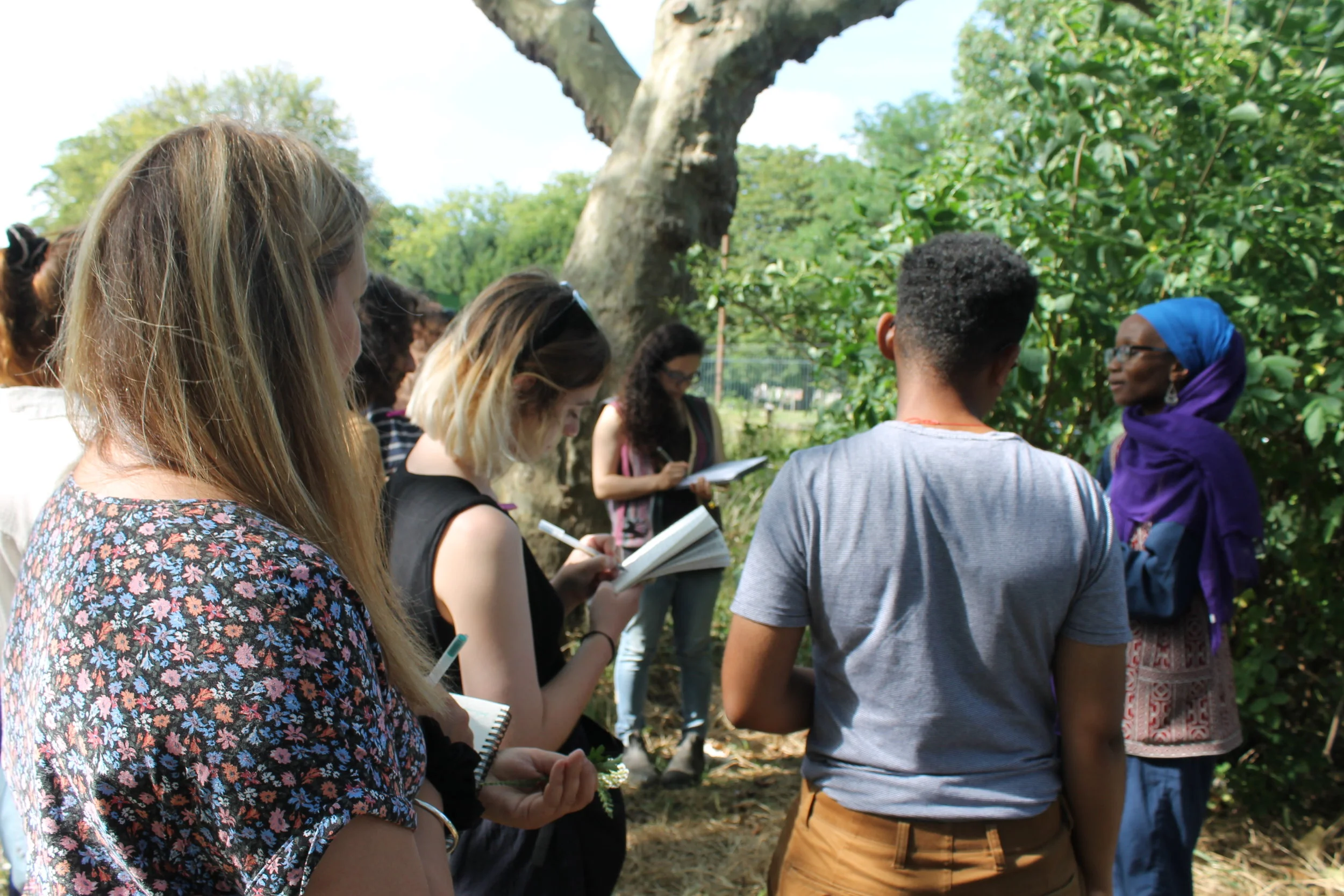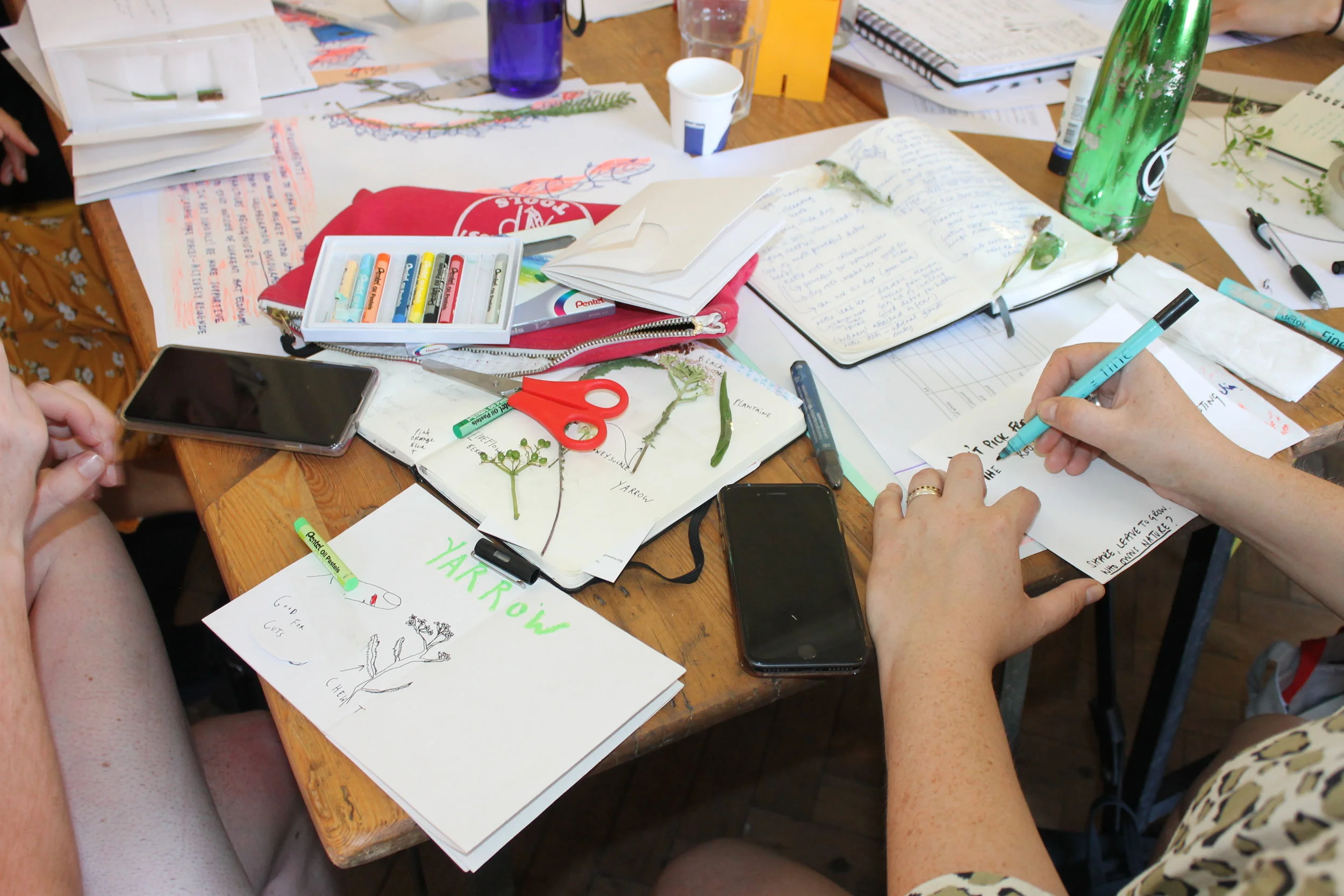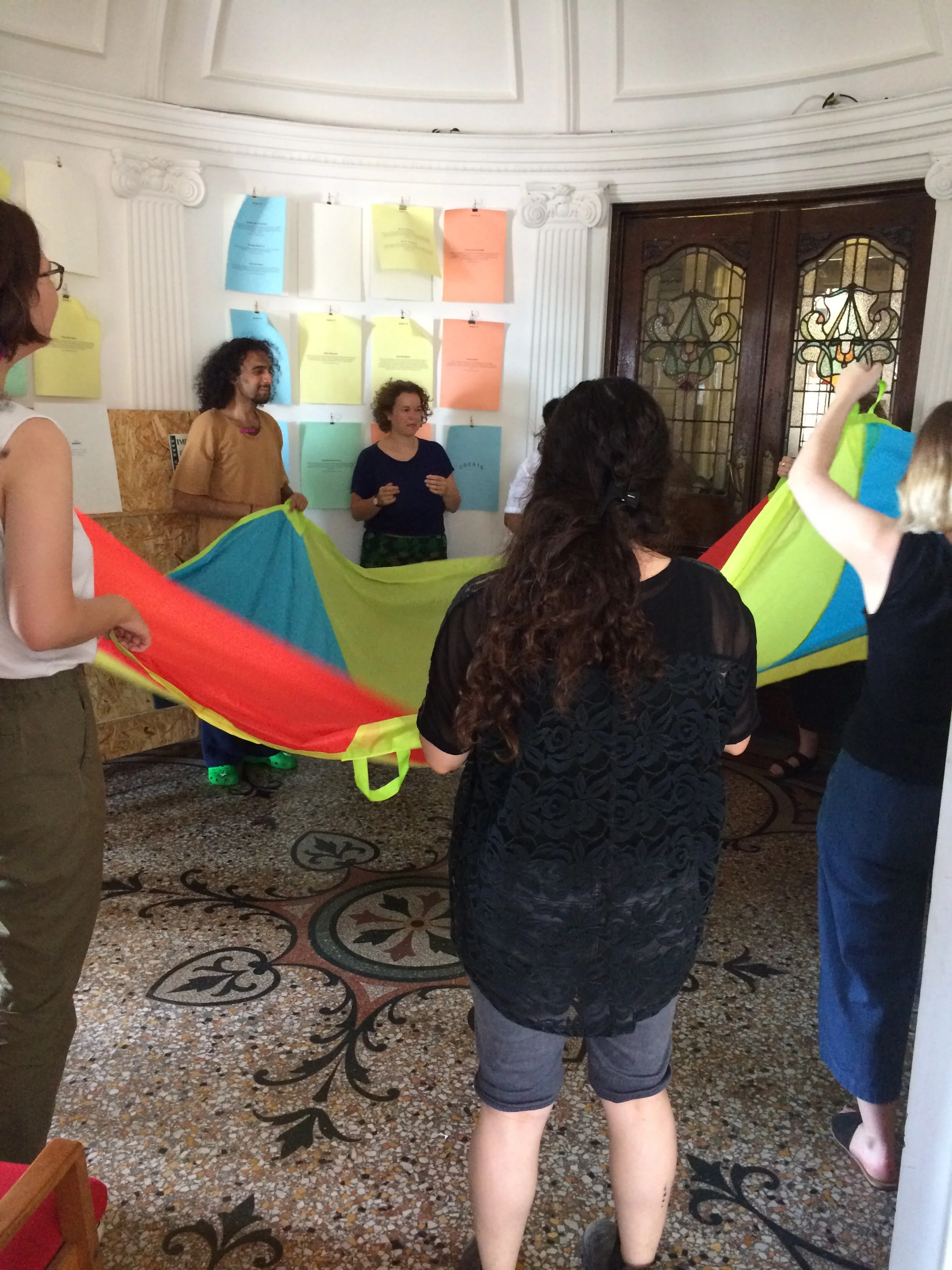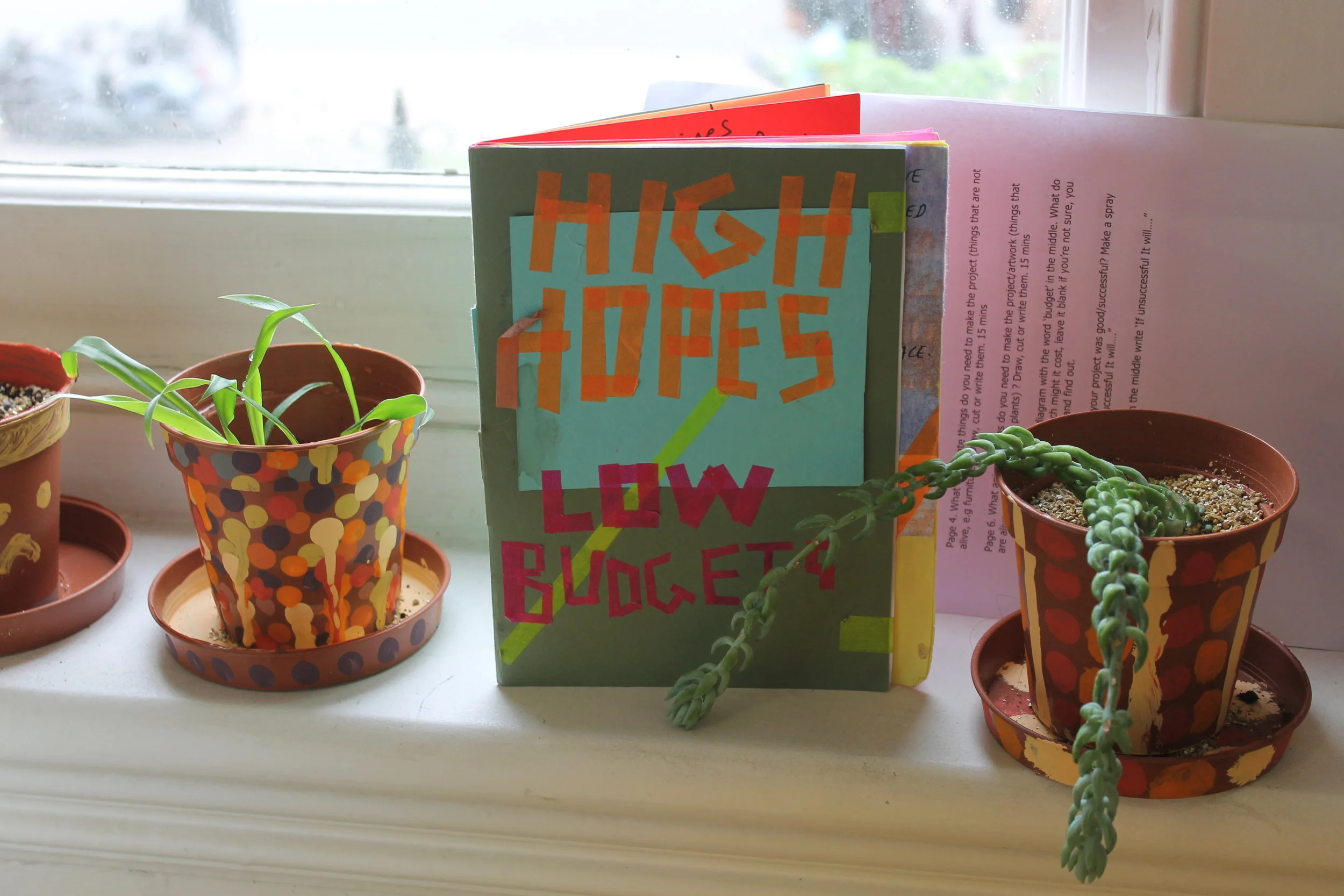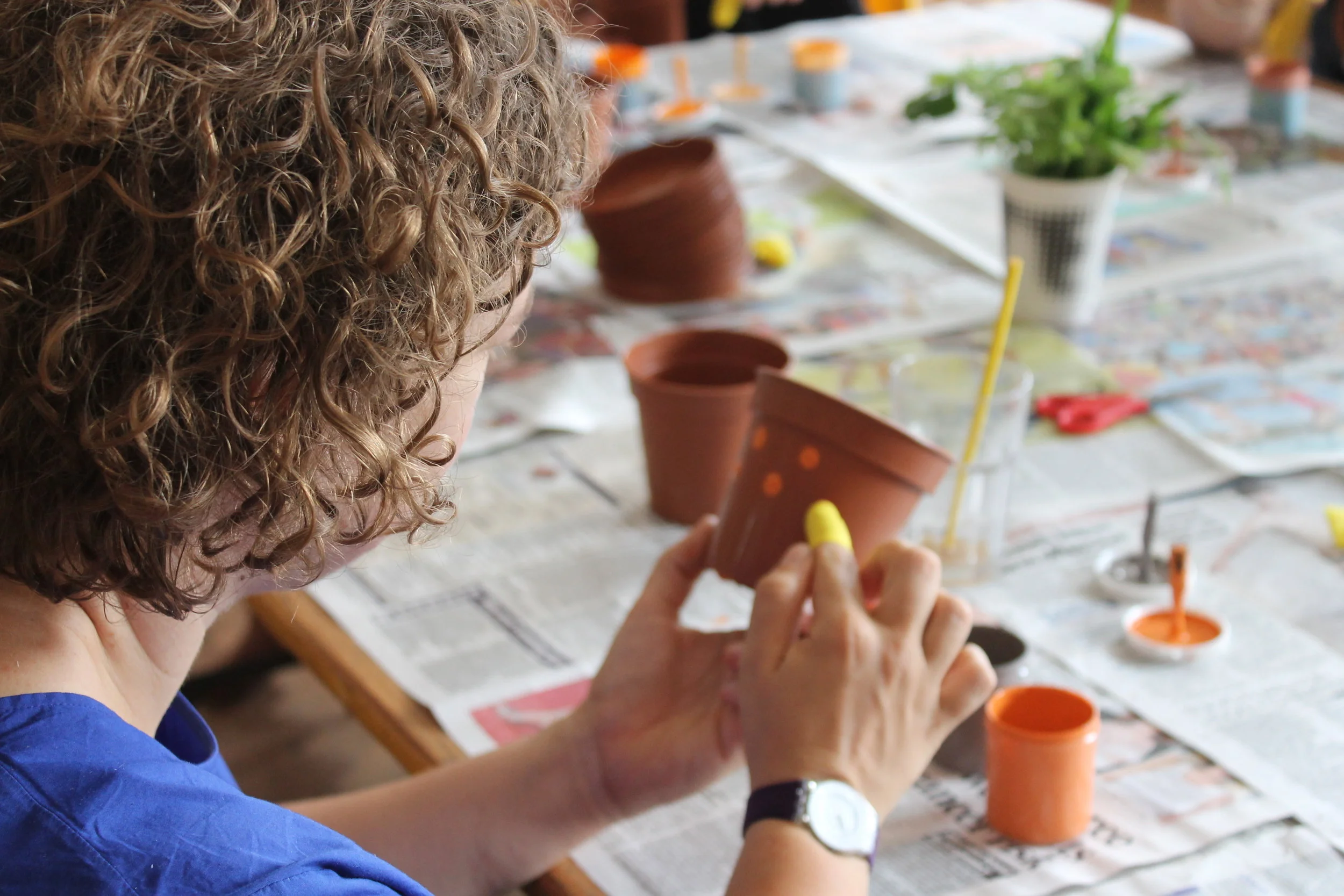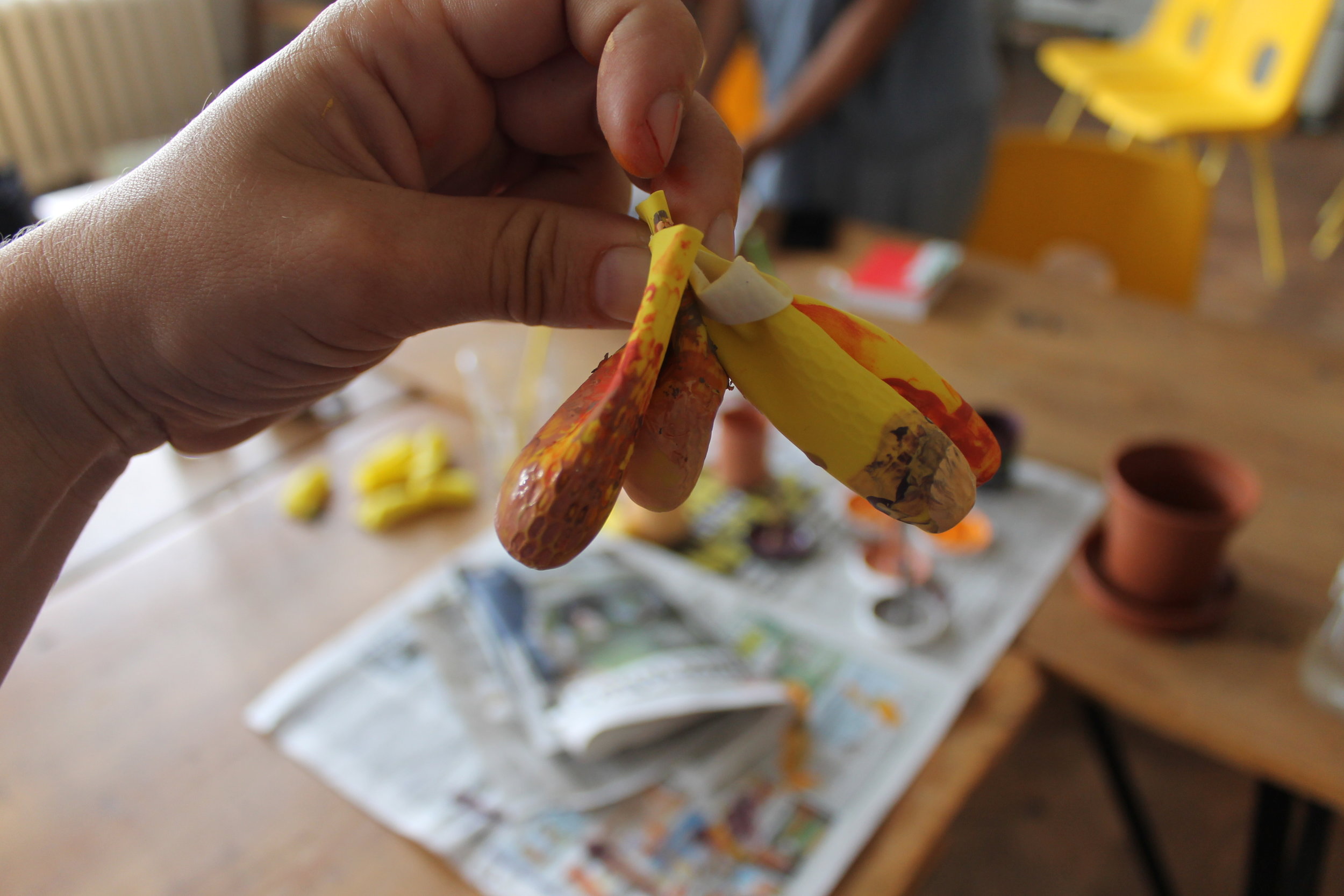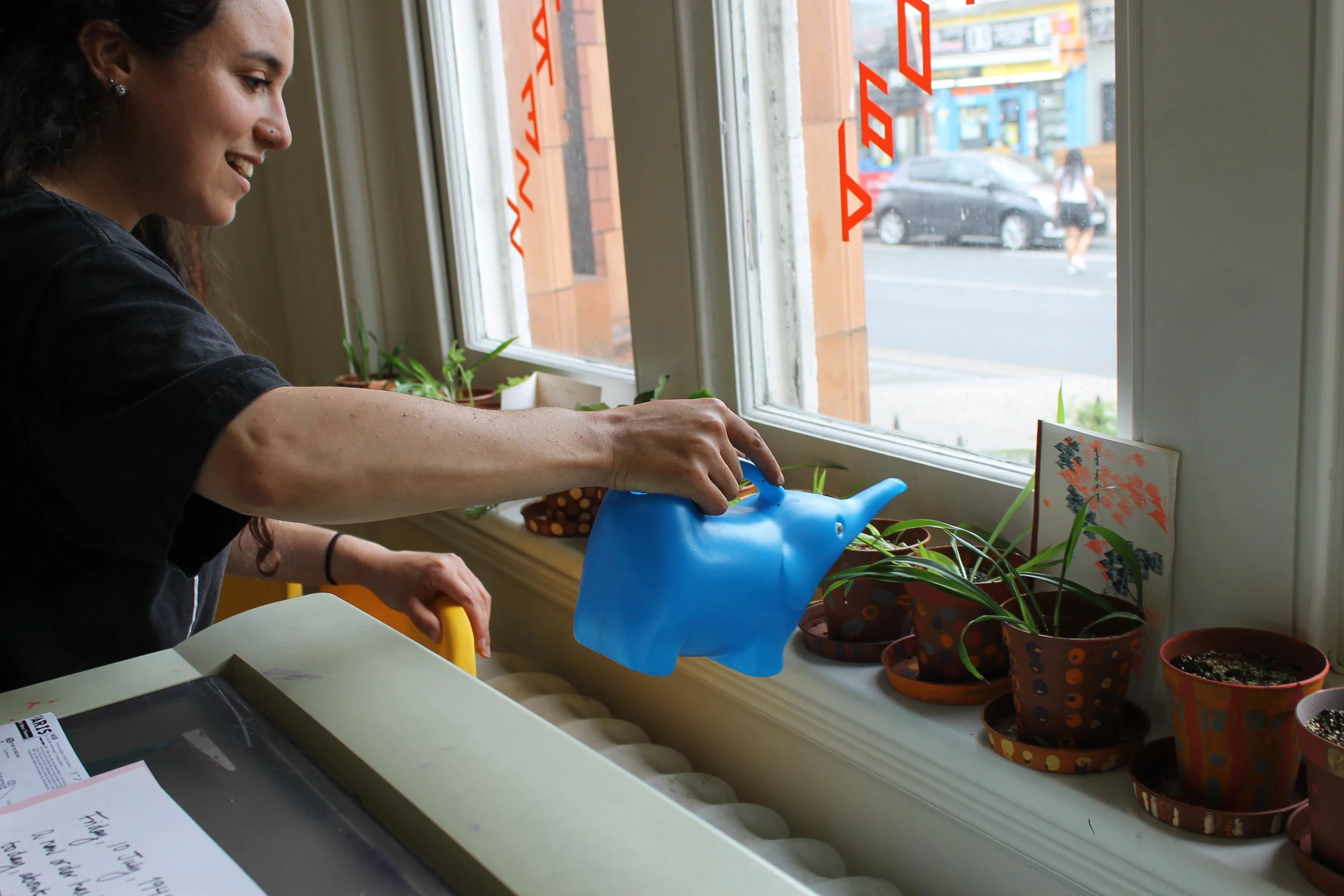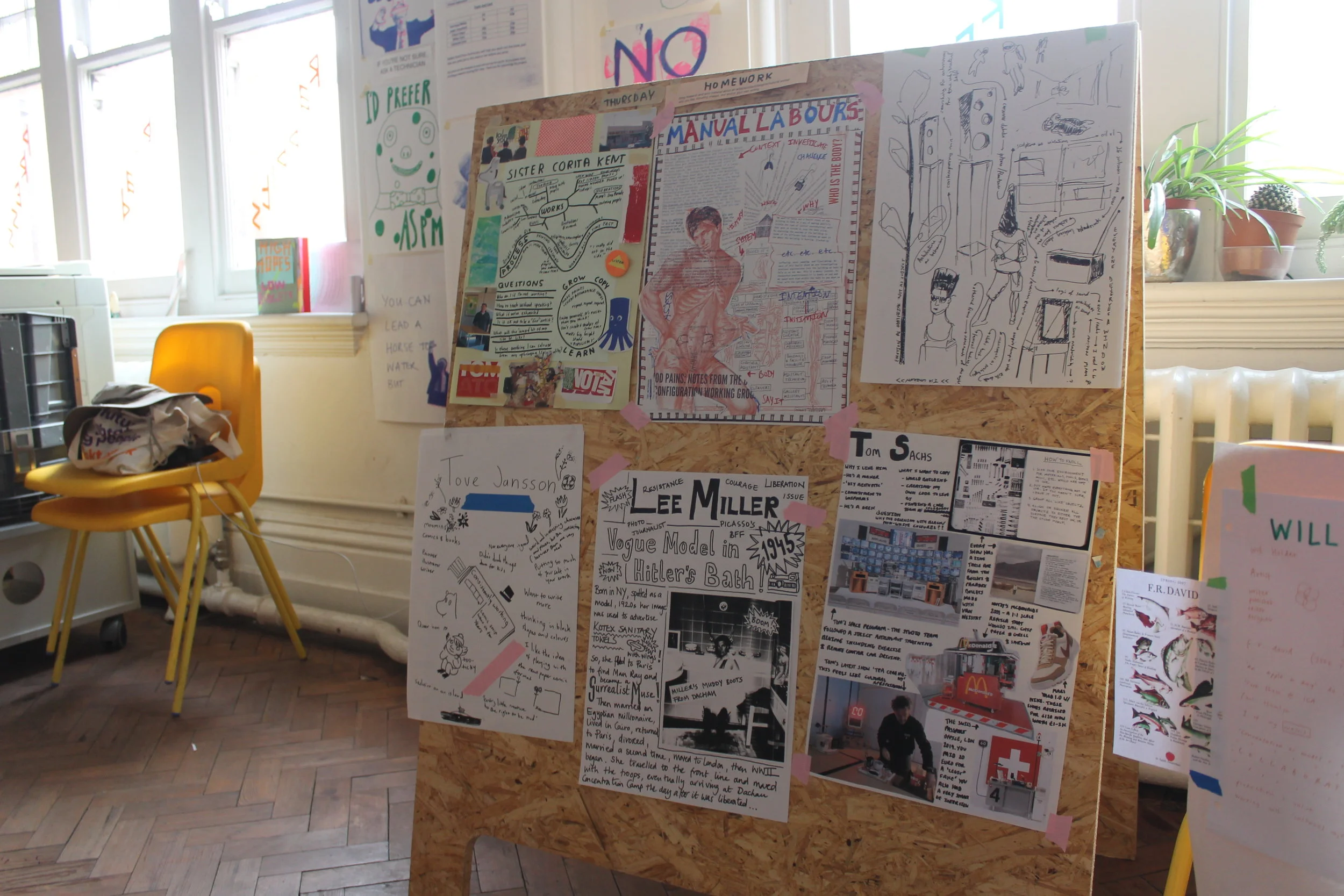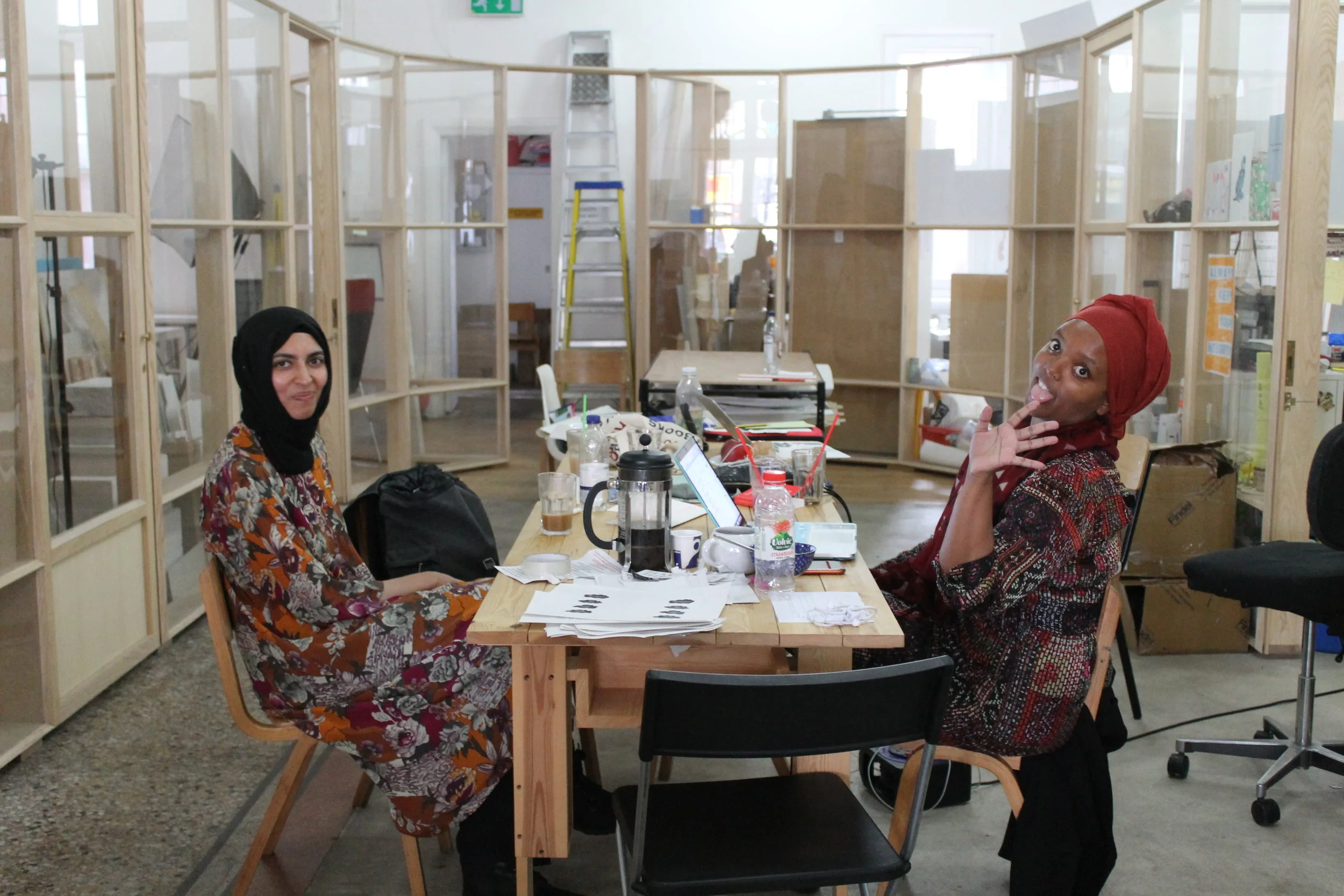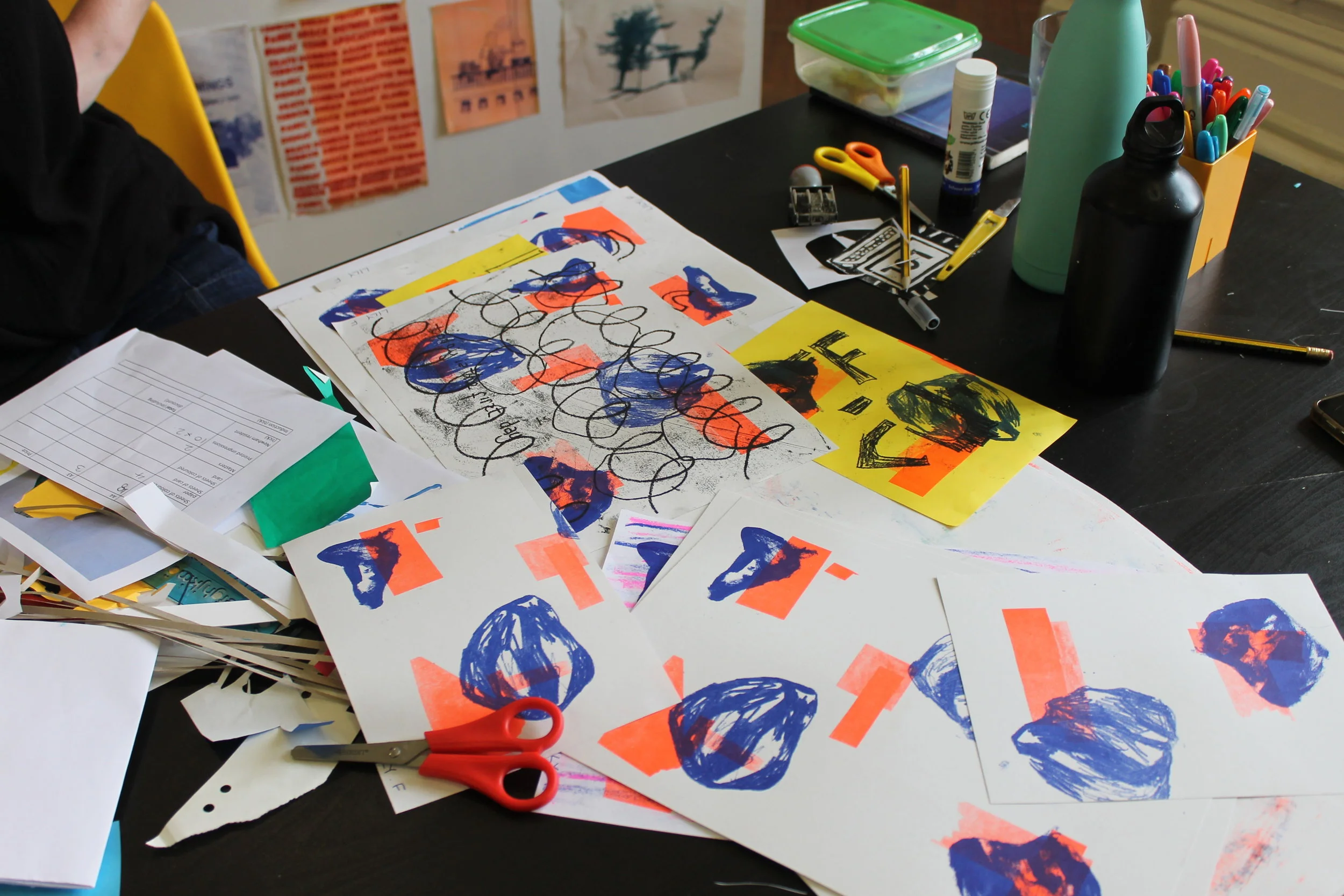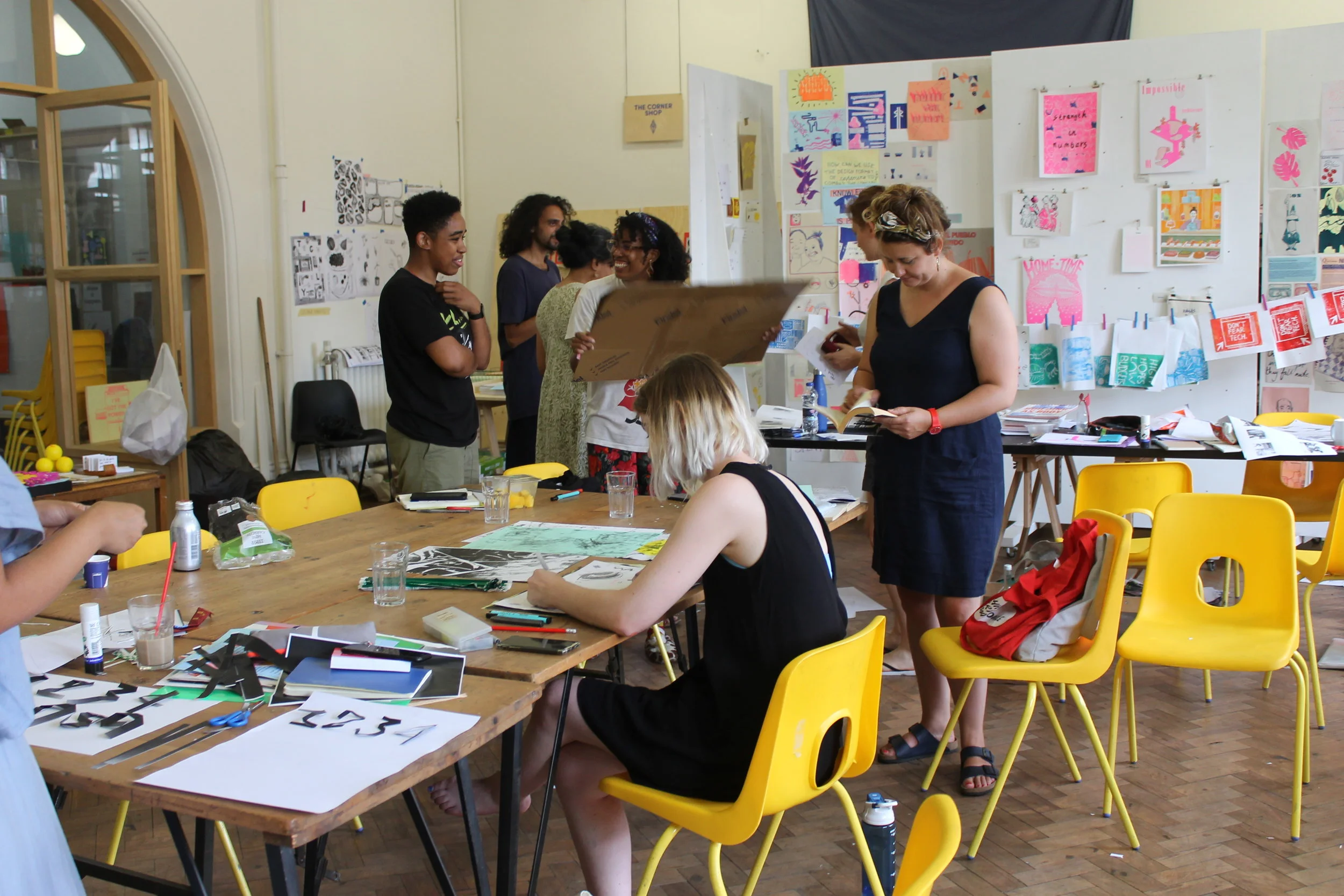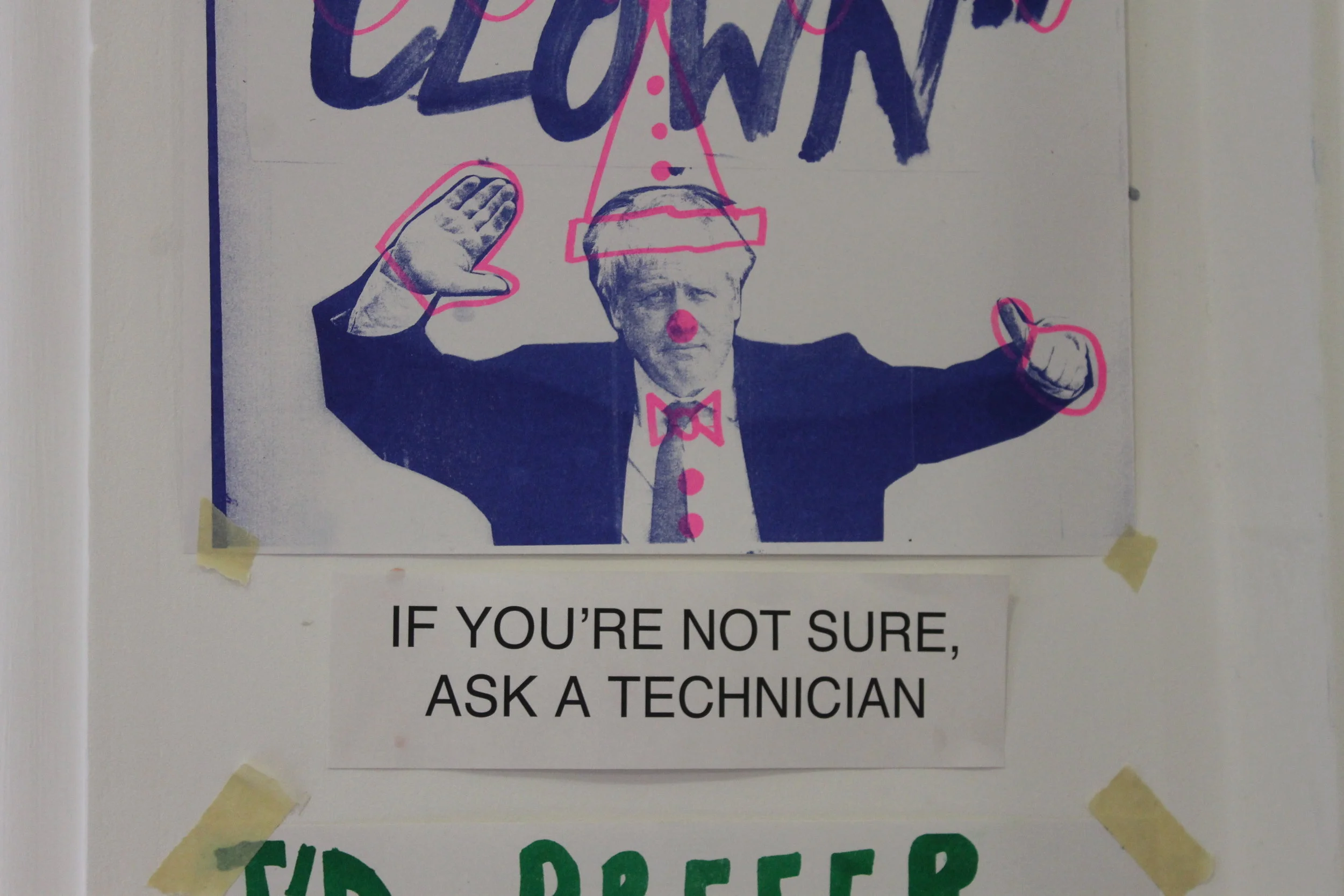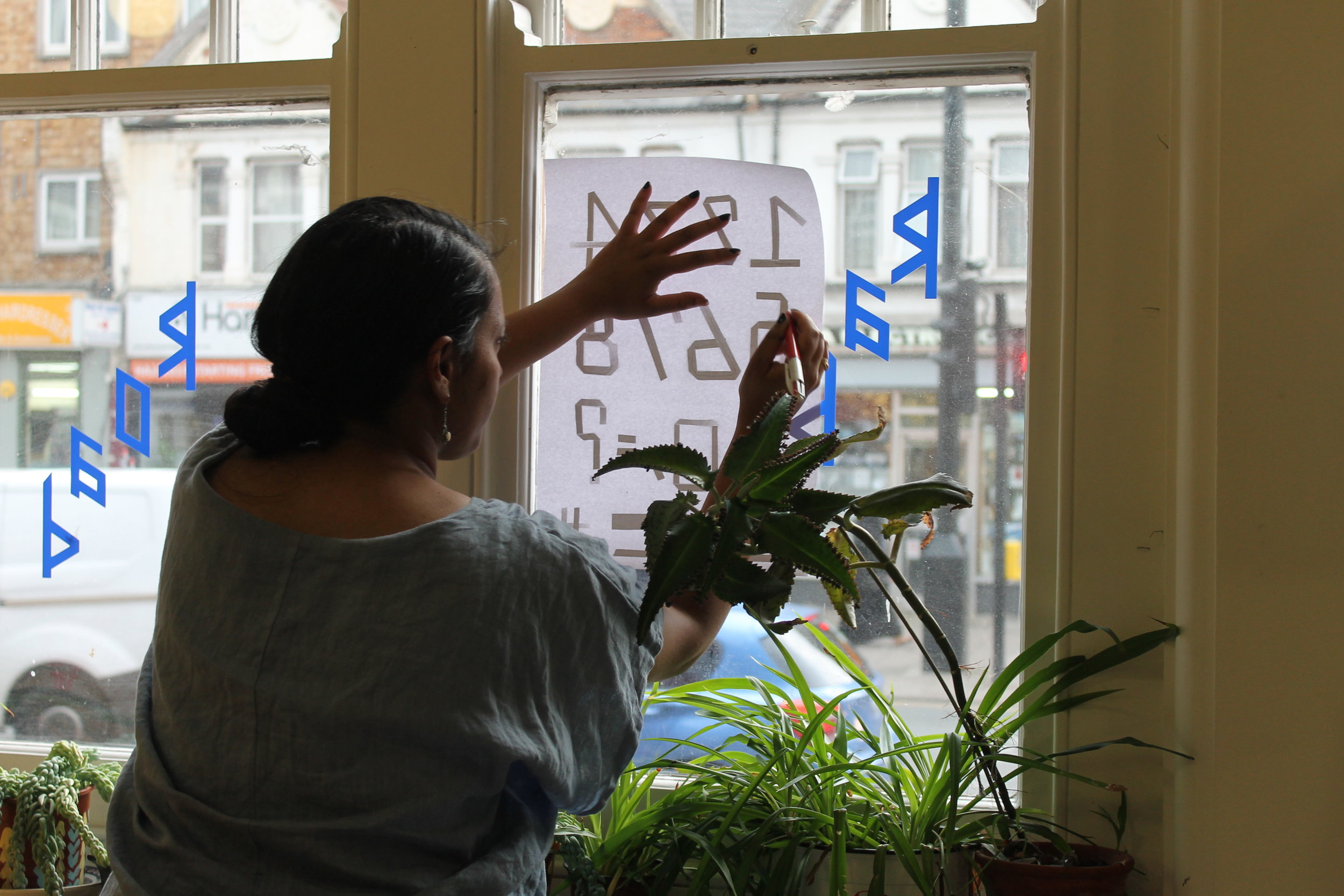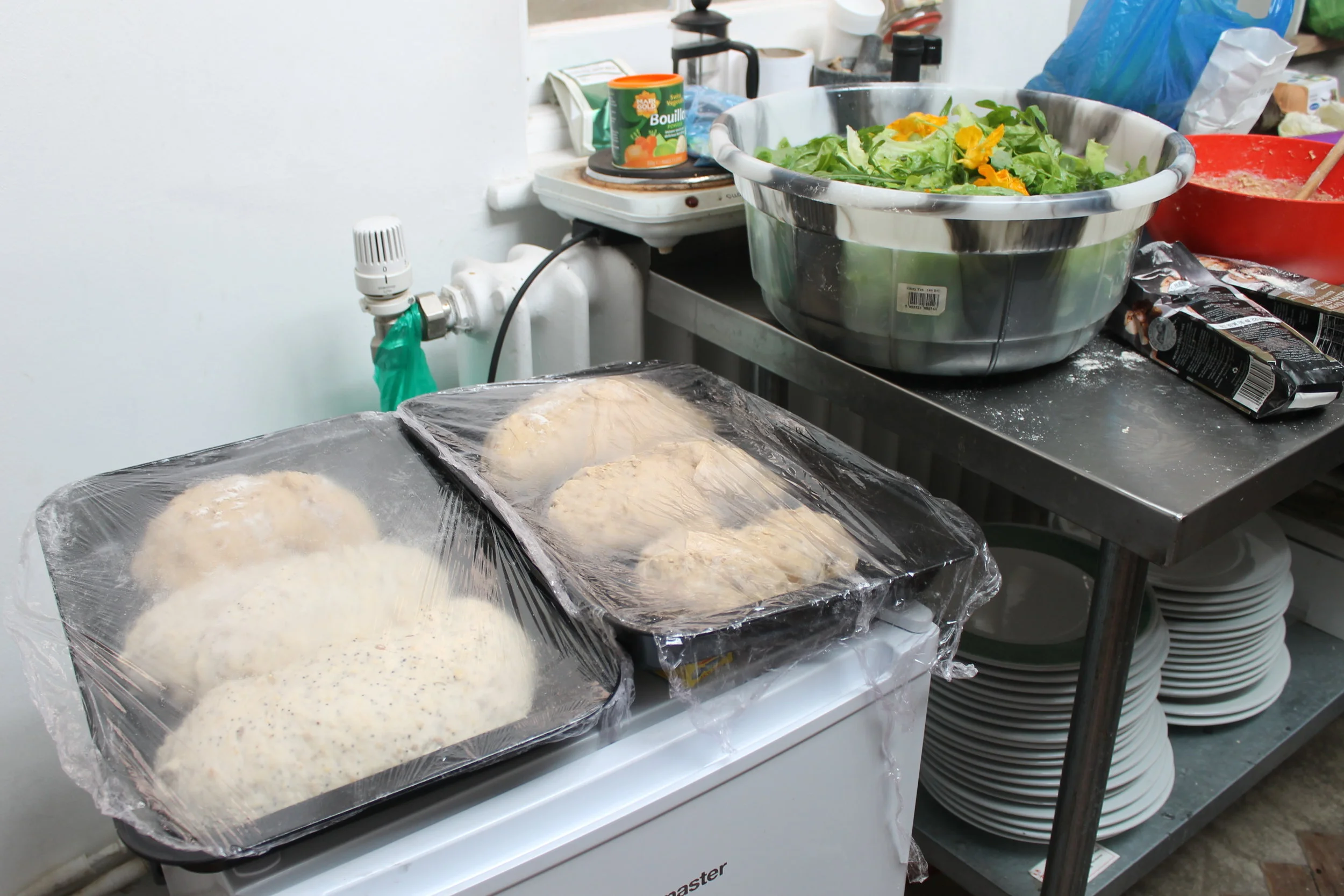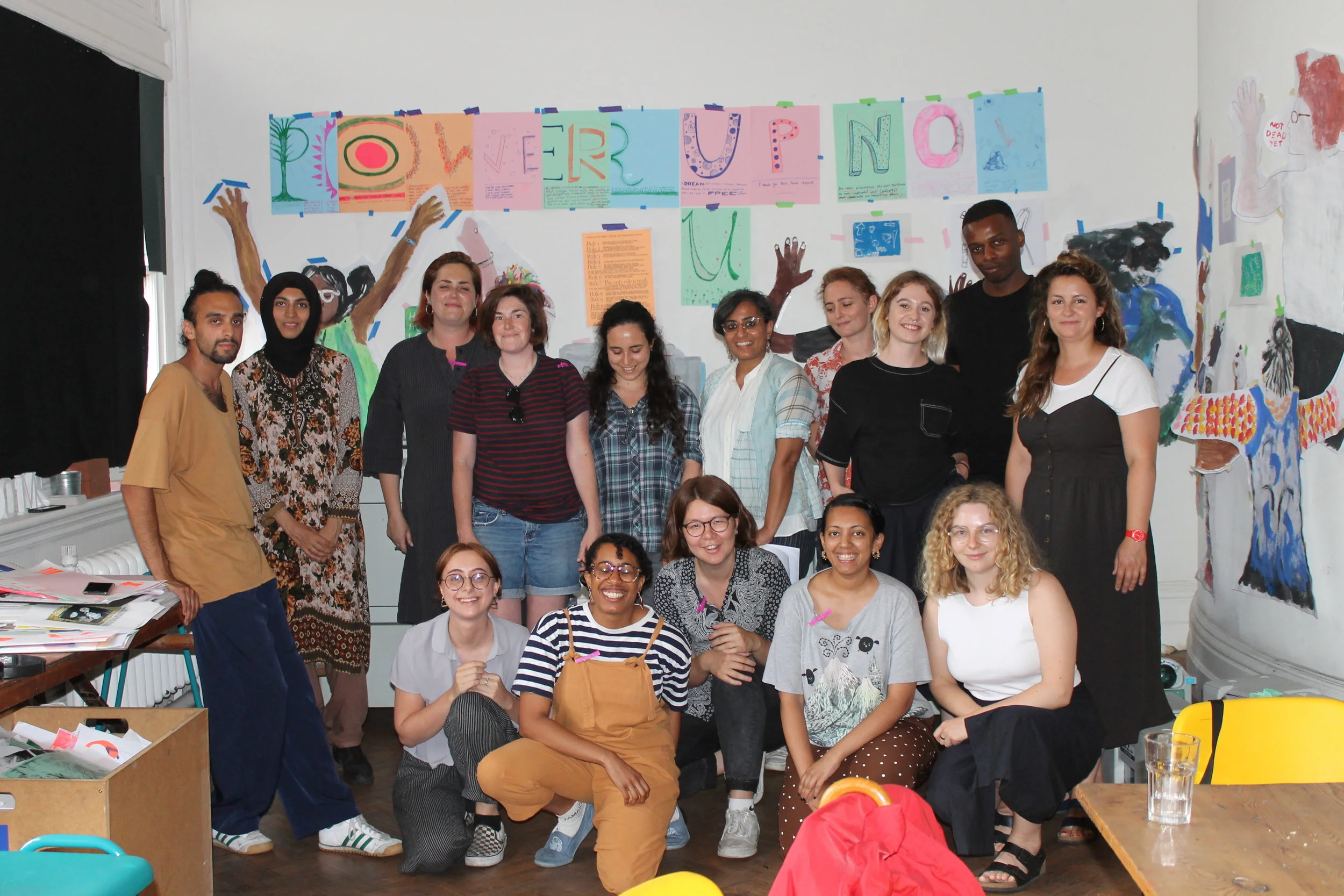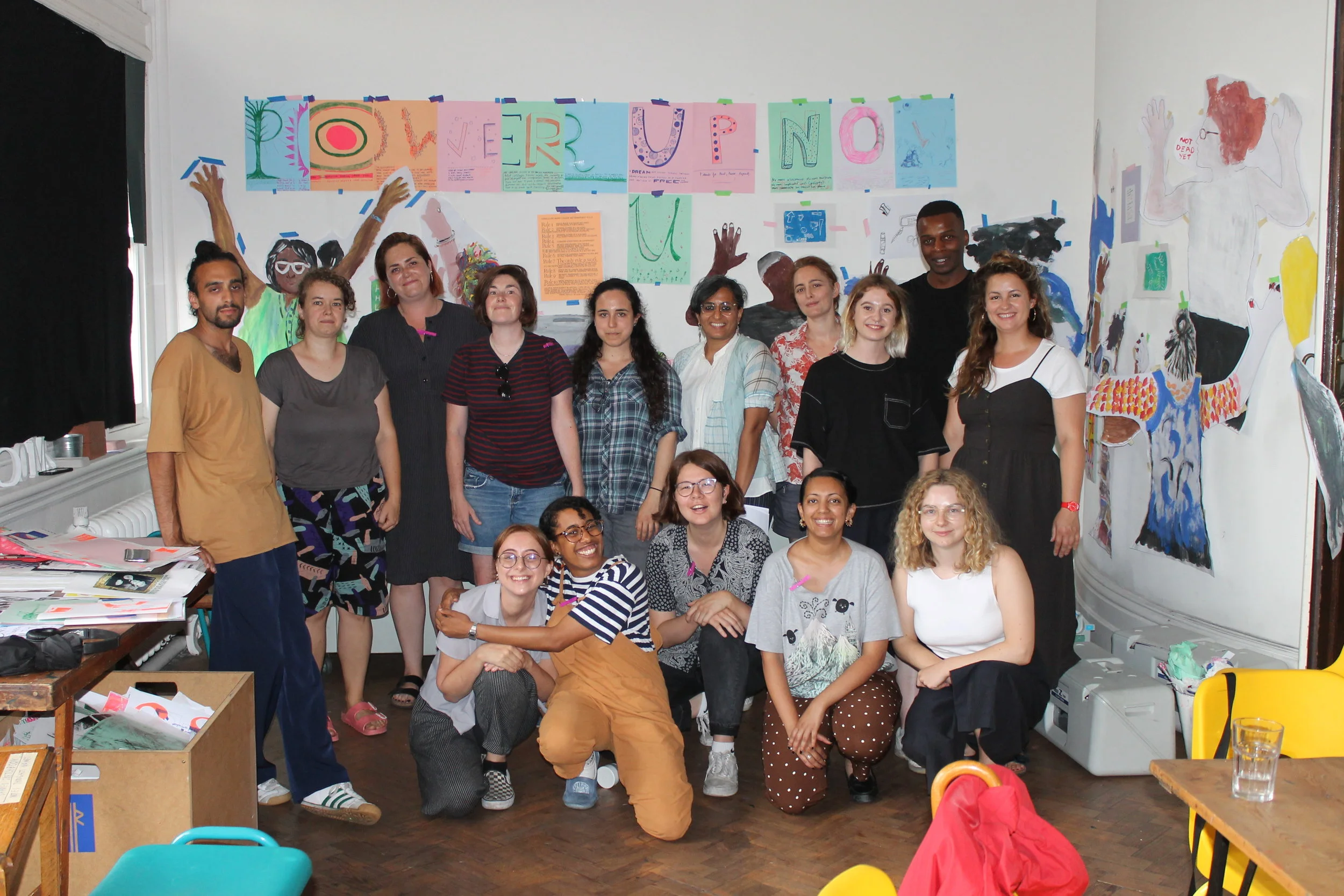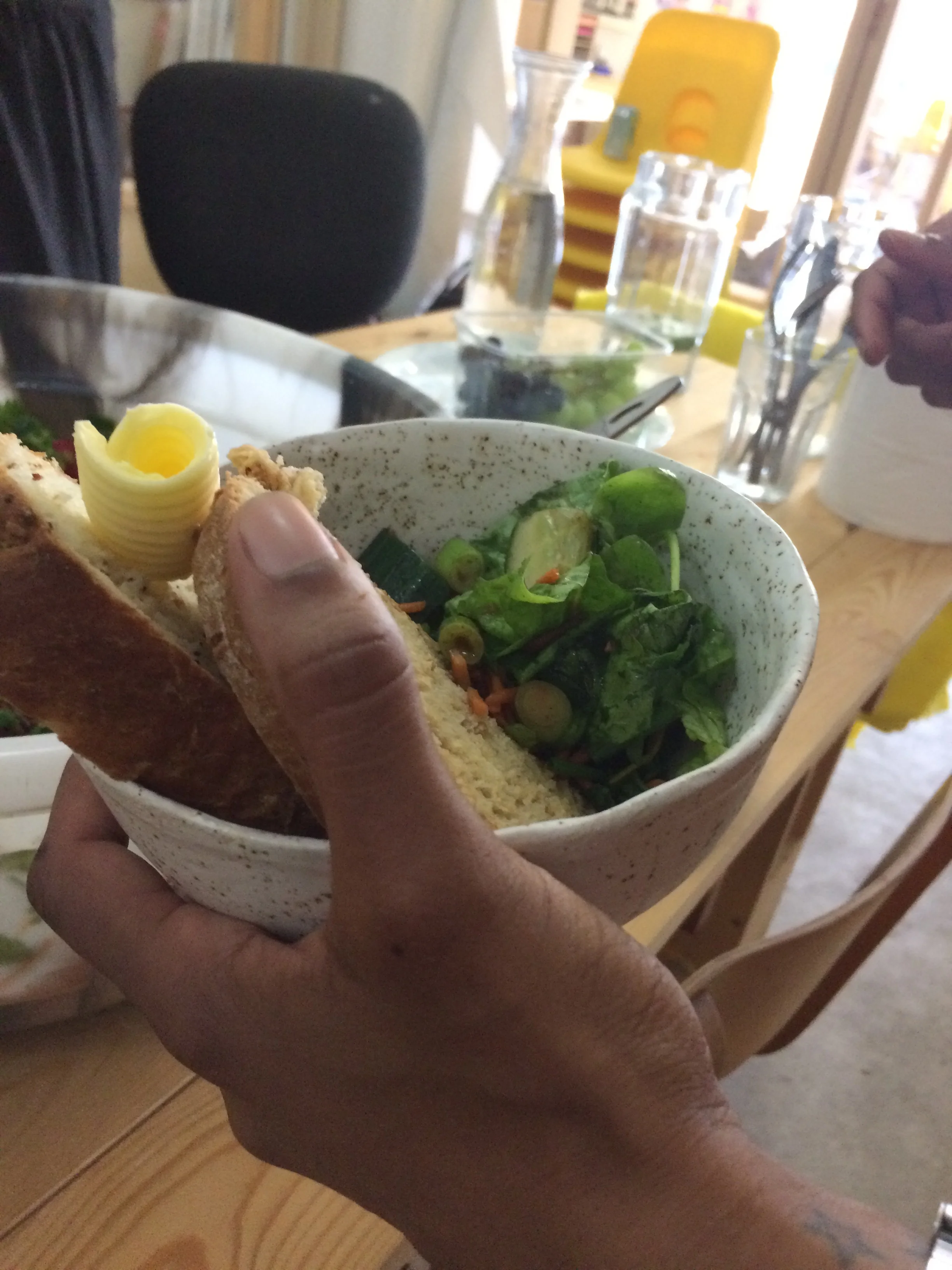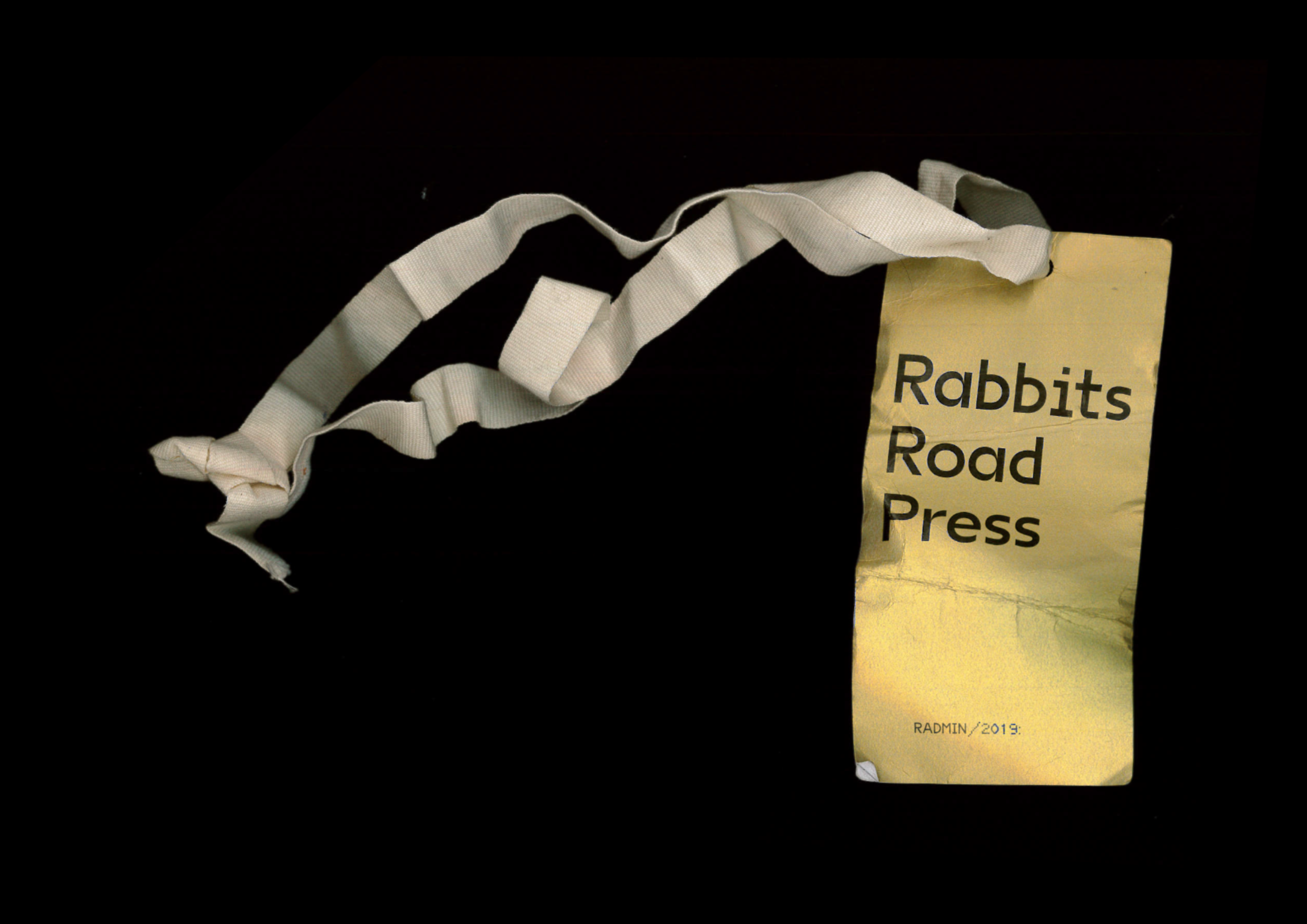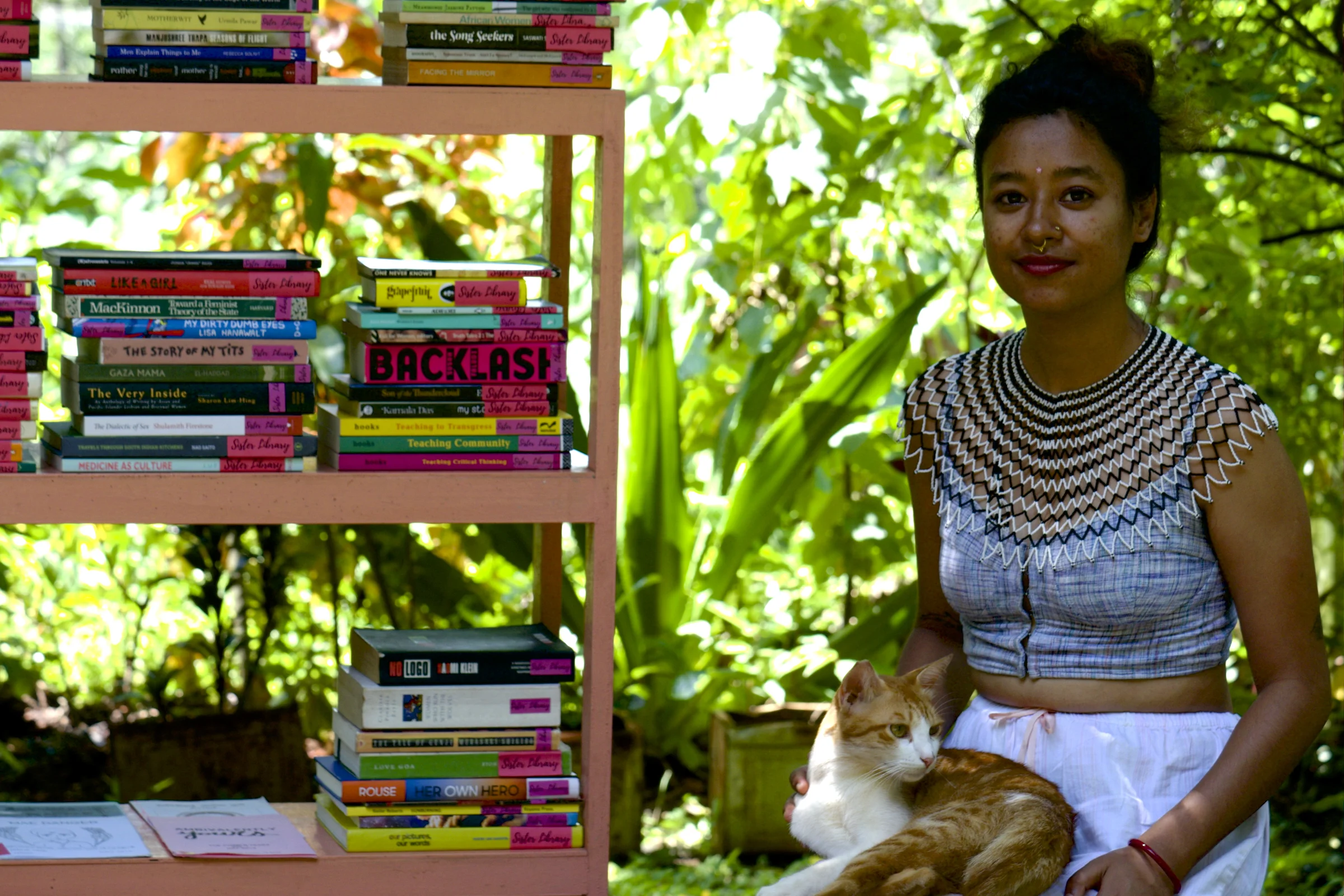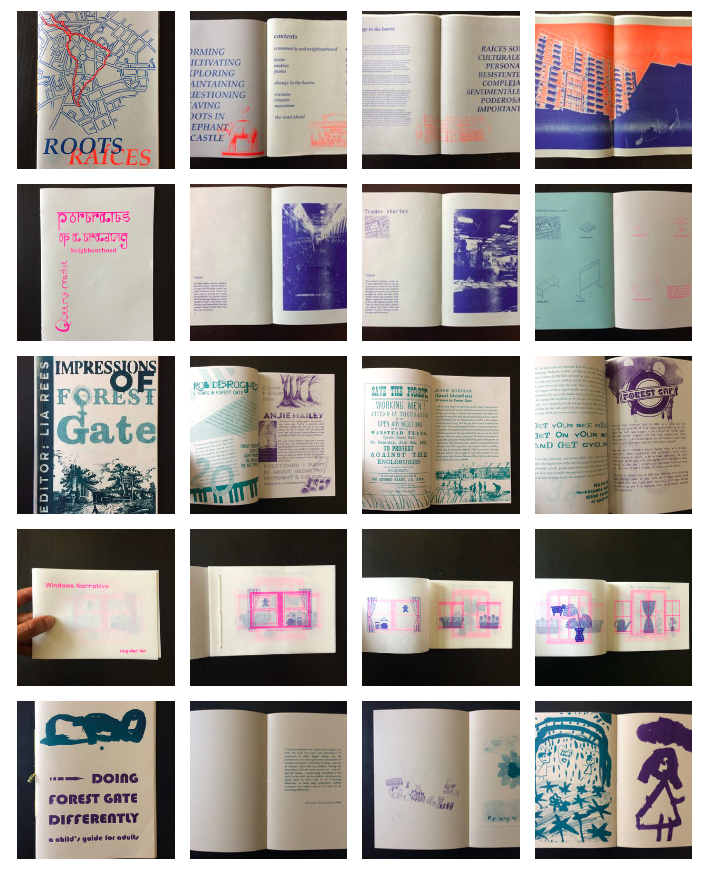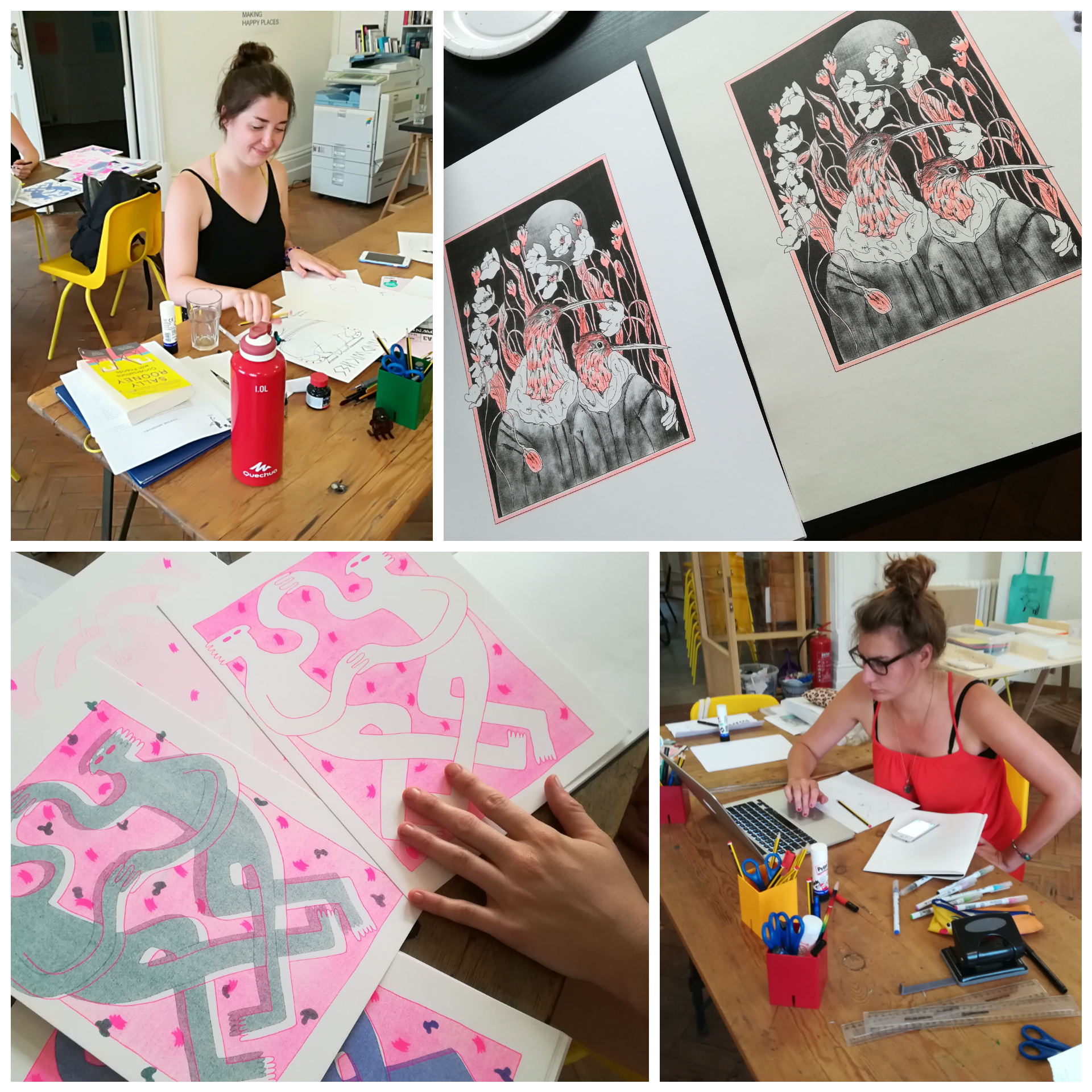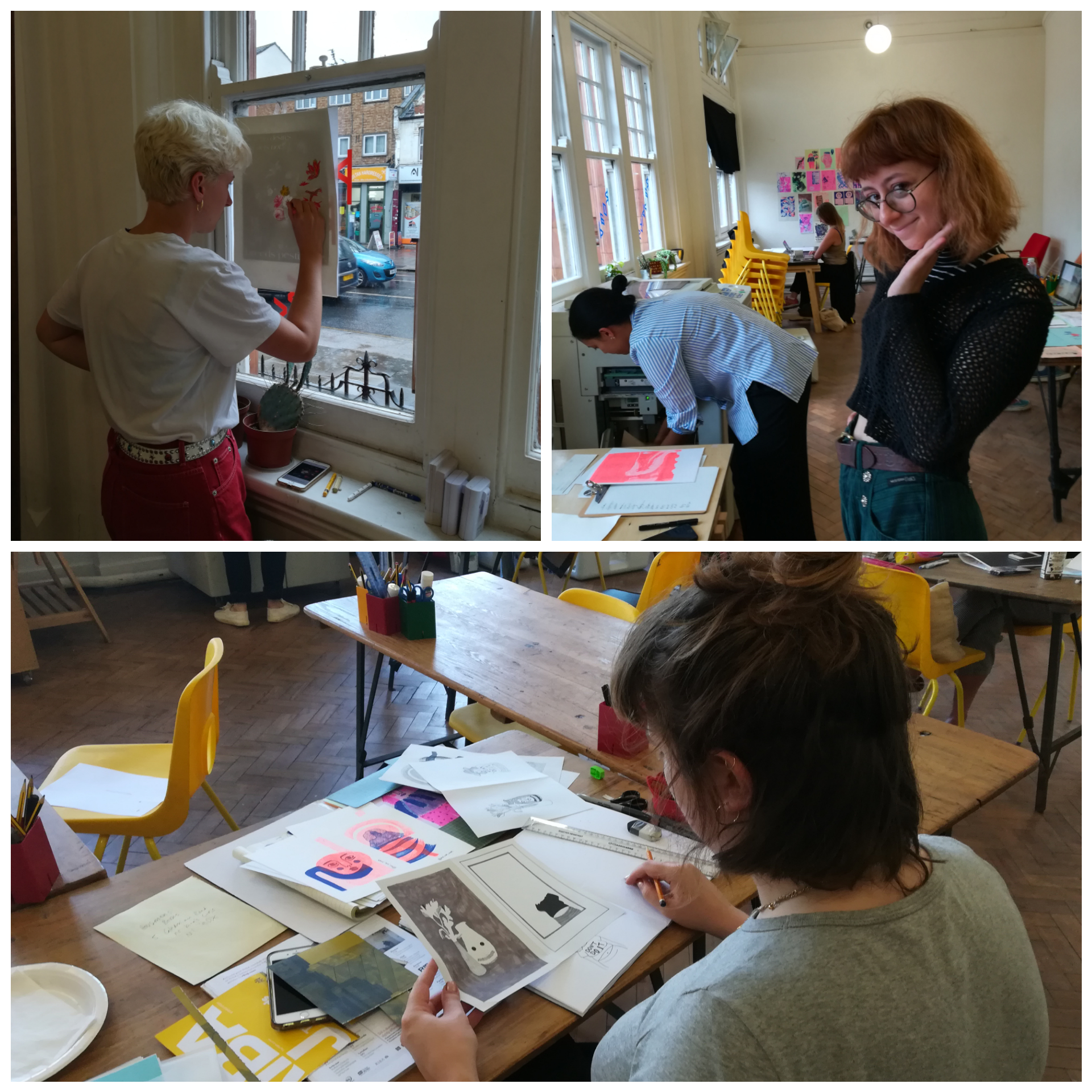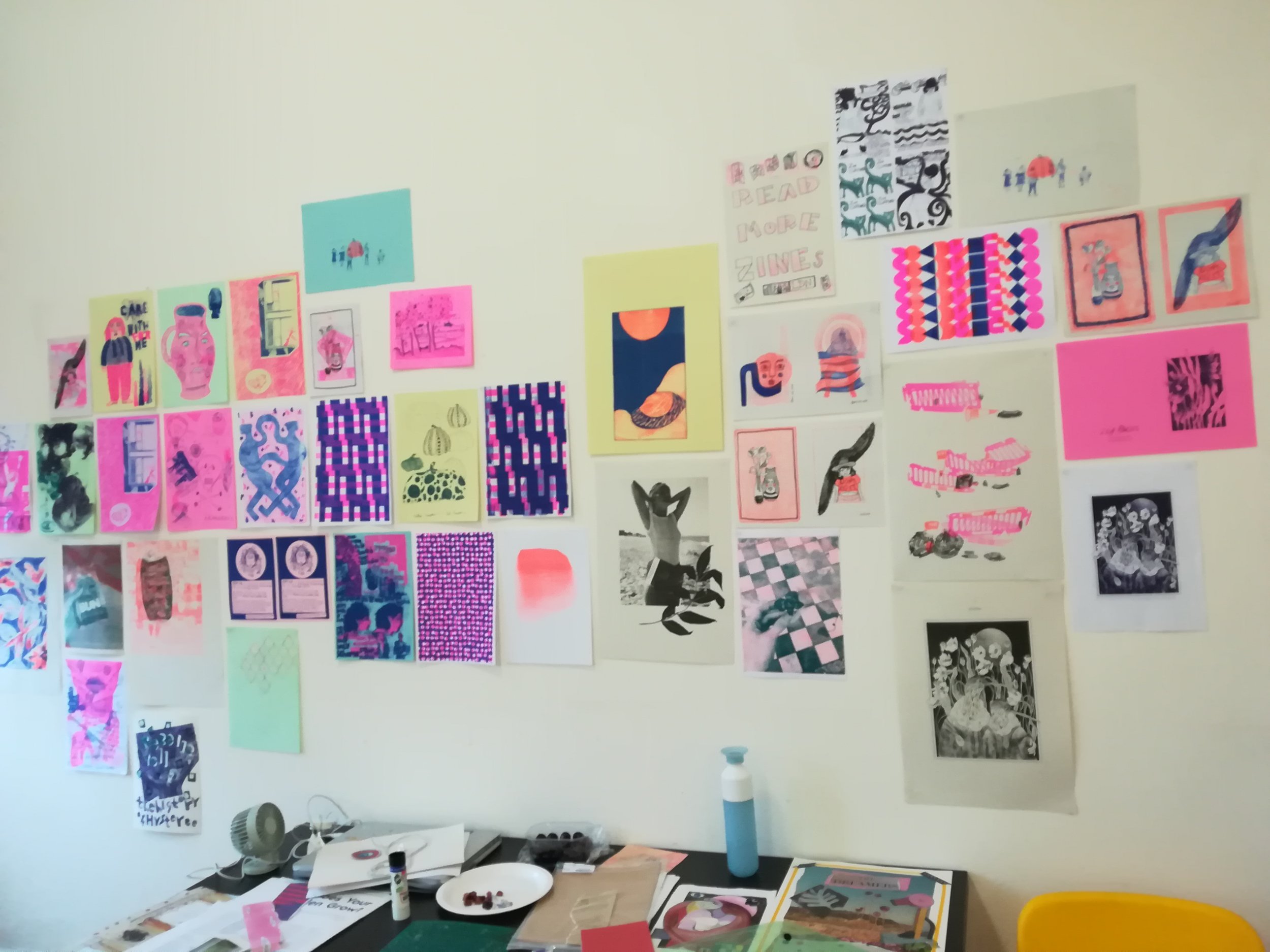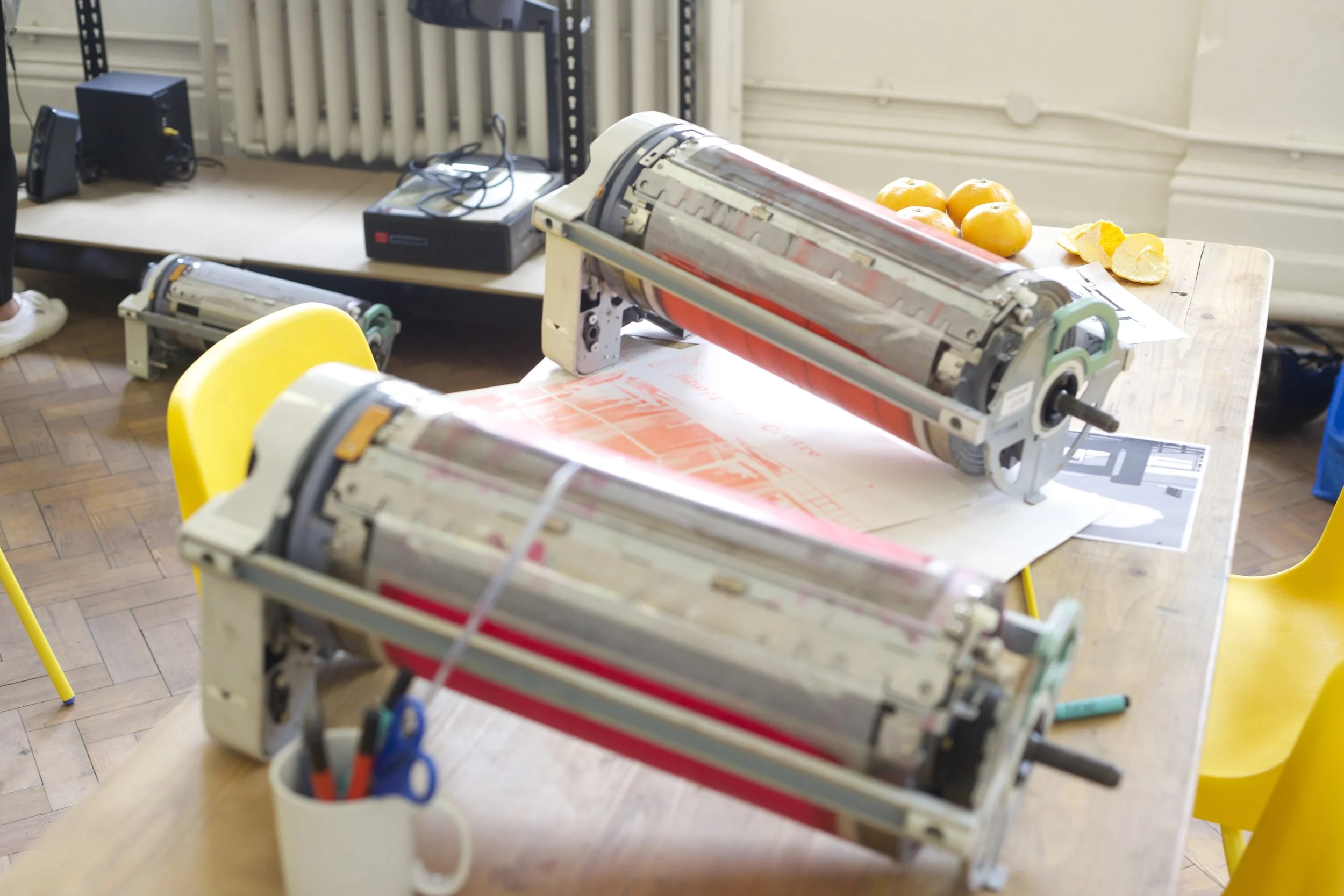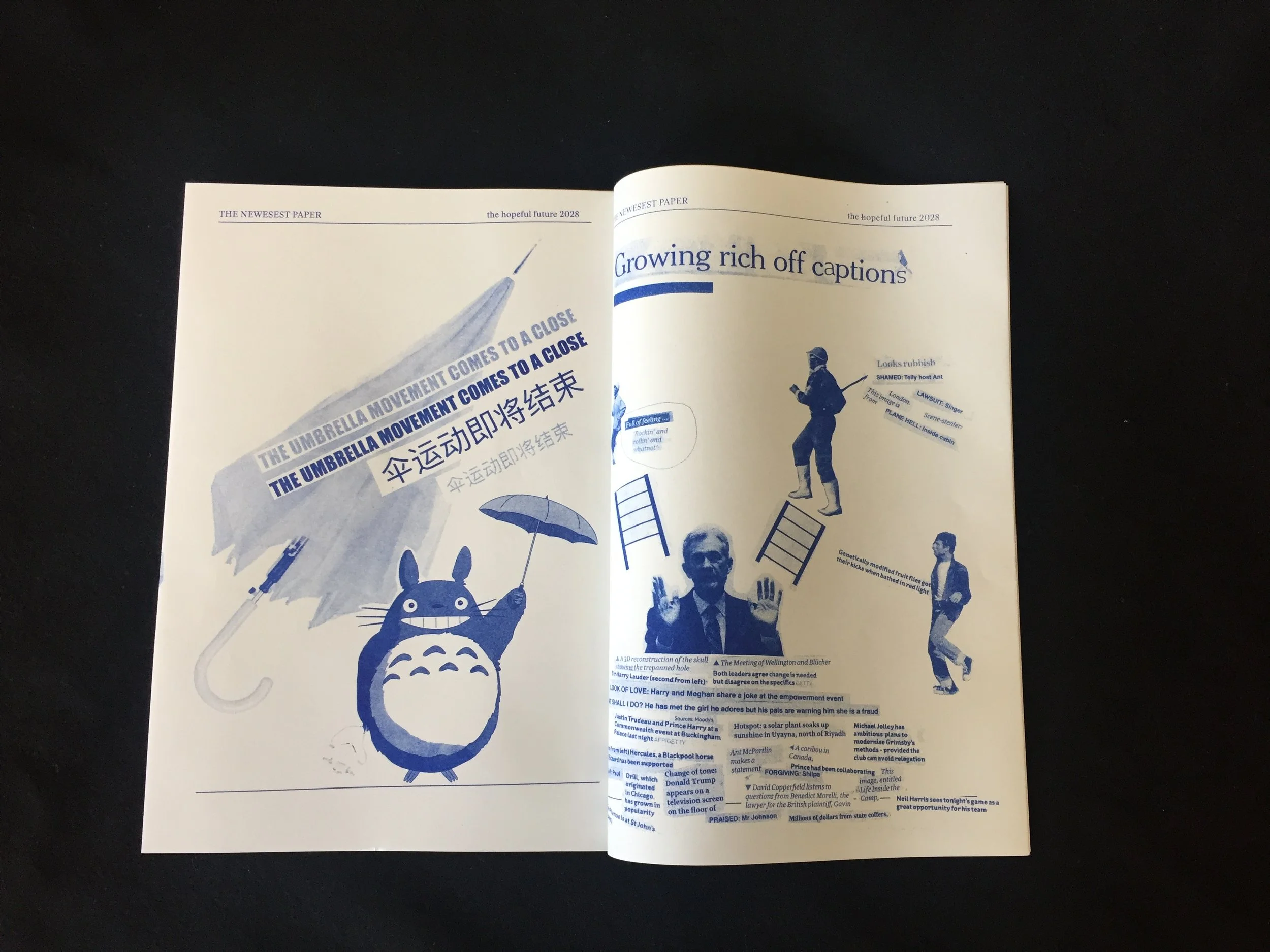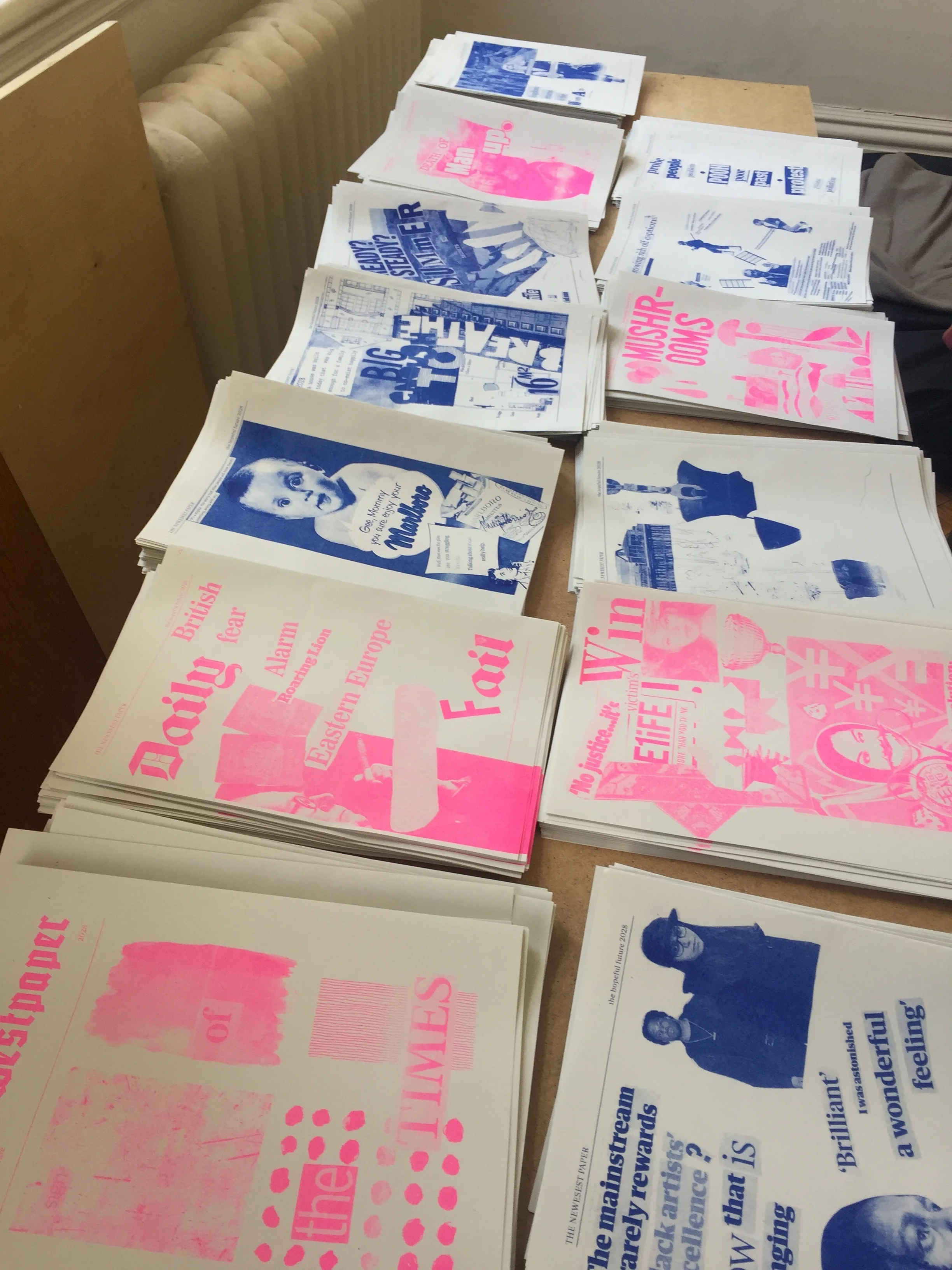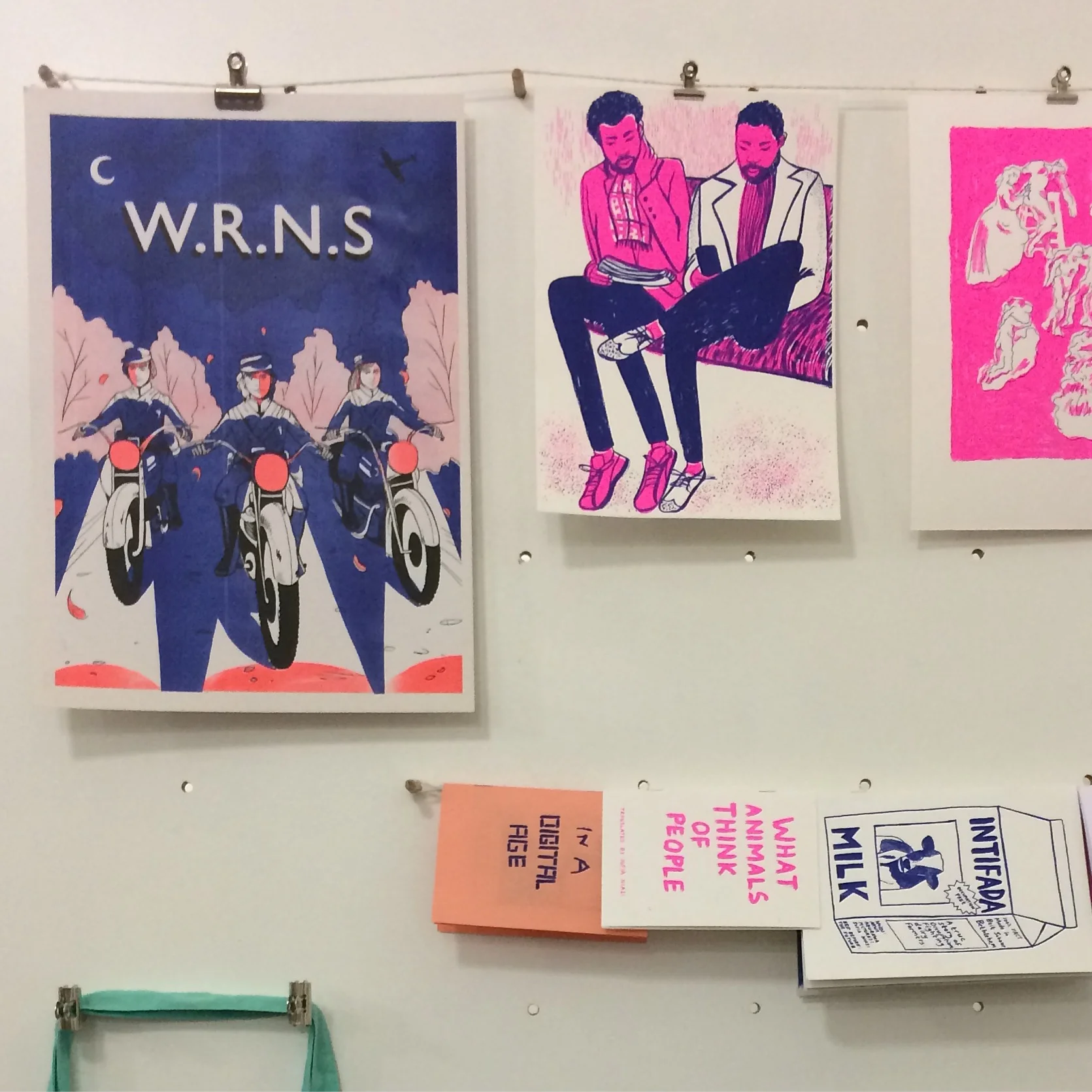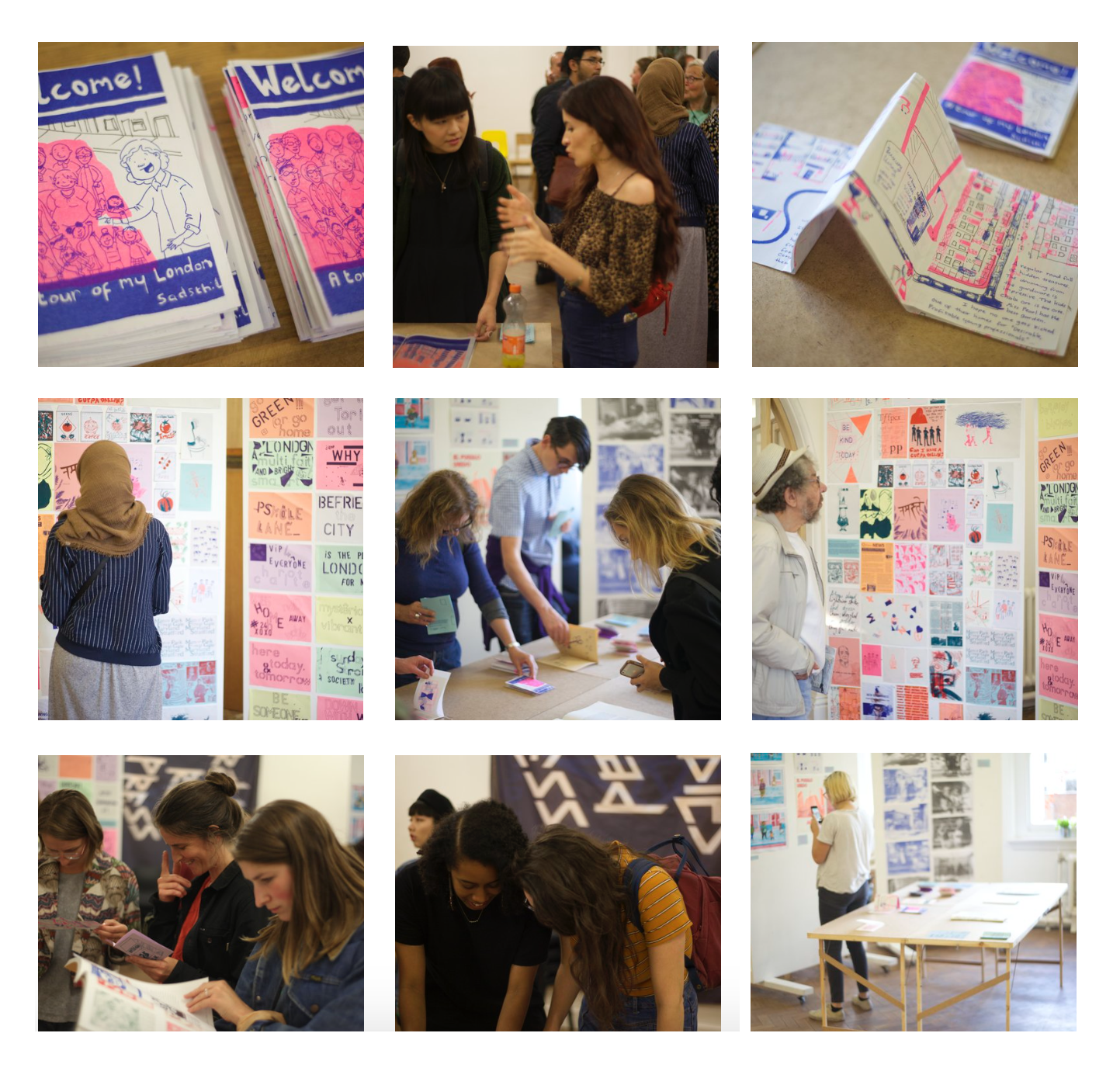I arrived in Bristol looking forward to attending RADMIN, an experimental conference about administration. I was hoping for tips and tricks on how to approach funding forms, time sheets and invoicing. Upon arrival, I realised it wasn’t going to be quite as clear cut as that.
The first event was a welcome dinner, hosted at Ashton Court; a 16th century repurposed castle 10 minutes outside of Bristol city centre. We were welcomed with drinks and encouraged to mingle, I was relieved to find that almost everyone attending did so alone. As we were eating a wonderful meal hosted by The Viriconium Palace, it was announced to us that there was £780 in the ladies bathroom. To this we could do what we wanted, be that taking the money, adding to it or dancing around it in a ritualistic manner. This became a contentious issue throughout the one hundred people that were gathered there. “Did you take the money?”, “Would you take the money”, were questions that permeated the whole weekend.
I went in to see the money (and use the bathroom) and I cannot lie, I was tempted to take some money. I didn’t think I had enough cash to get a taxi back to my hotel. I was left alone in the bathroom, bar someone else in a stall, and I reached in to take a £10 note. When I picked it up the money rustled and I was mortified to think someone else would know I took it, so I instantly put it back. Later, someone else confessed to me that they did take some money — but only because when they went in there, lots of other people were taking it. By the end of the night there was only £40 left. What that means, I’m not sure, but I know that it was something to talk about once the ever interesting topic of admin became tiresome.
The concept of RADMIN was still being explored the next day. The first speaker, Tim Malnick, declared “we’re all here but we’re not sure what it’s about”, after he made us explore our biggest admin fears though physical movement. Was this a festival for creatives, about admin, or a festival for administrators, about creativity? RADMIN fell in the grey area between these two ideas, and didn’t clearly define itself therefore attracting both parties.
The first workshop I chose was Redrawing Economy with Keep it Complex. Other options were, Radical Organisational Portraiture or Vegetal Organisations, where you observed plants for twenty minutes. In Redrawing Economy (run by the long time collaborator to Rabbits Road Press, Rosalie Schweiker), we explored visualising concepts though drawing. Rosalie invited Fozia Ismail to talk about her experiences founding Arawelo Eats, an East African Supper Club hosted in Bristol and Guy Lochhead who founded Bristol Cooperative Gym. While they spoke the group drew continually and tried to visualise their words. After we looked at everyone’s drawings and discussed them, people had very different reactions. This workshop contained so many transferable skills, by visualising non-visual concepts, it makes them more understandable. It was a wonderful ice breaker to what was going to be a pretty intense day.
The afternoon workshop I signed up for was run by Incidental Unit. The idea behind Incidental Unit was to place artists within institutions and let them react to the space using The Open Brief; a brief devoid of any guidelines. This workshop was all about critical thinking and really challenged us to listen. It was becoming no clearer who RADMIN was for, and I was half way though the day. The workshop was not admin focussed but concerned admin at its core. How can an artists go anywhere without a trail of admin invariably following them.
The final speaker of the day, FoAm, invoked a meditative response to admin by comparing it to magic and sorcery. We were lulled into a sleep state by the speaker likening funding to divination and forms to scrying. This final performance encompassed the themes of the day: admin puns and slight confusion. However it was still no clearer what RADMIN was…
Throughout the weekend, the idea of admin was approached with a tongue-and-cheek air. Something we all had to do wether we took pleasure in it or not. Admin is generally seen as invisible work which is assigned to the marginalised in society. This was reflected in the mostly female attendees. However, RADMIN did not consider diversity at any point. There were no people of colour on the speakers list and the audience was predominantly white. This lack of consideration shows that the feminism being displayed was not visibly intersectional and the organisers of the festival didn’t recognise this as a problem. If we are championing the invisible work, we need to also champion all of the people who do that work, not just the select few.
In the evening, the Office Party which was to follow, was held at cooperative cinema The Cube. An event for us all to blow off some steam and gossip about the events of the day, like a normal office party. Just to prove how non-hierarchical their organisation was — even the guests had to check the toilets! Upon arriving, I was whisked swiftly to the bathrooms to flush the toilets and check there was enough tissue paper. There was also a series of performances, including a woman answering all of her emails on stage and another artist doing a perpetual sound check. Ending the evening was a sing along performance which had a hilariously unintentional introduction, where they apologised for what was about to happen. Very apt.
The final day contained a trade show, an ironically disorganised raffle and an audience participated therapy session, where an artist lamented in not being able to sell their work. I think at this point, it no longer mattered what RADMIN was, there was no clear answer. Was it productive? Not particularly. But, it was a very memorable experience.
